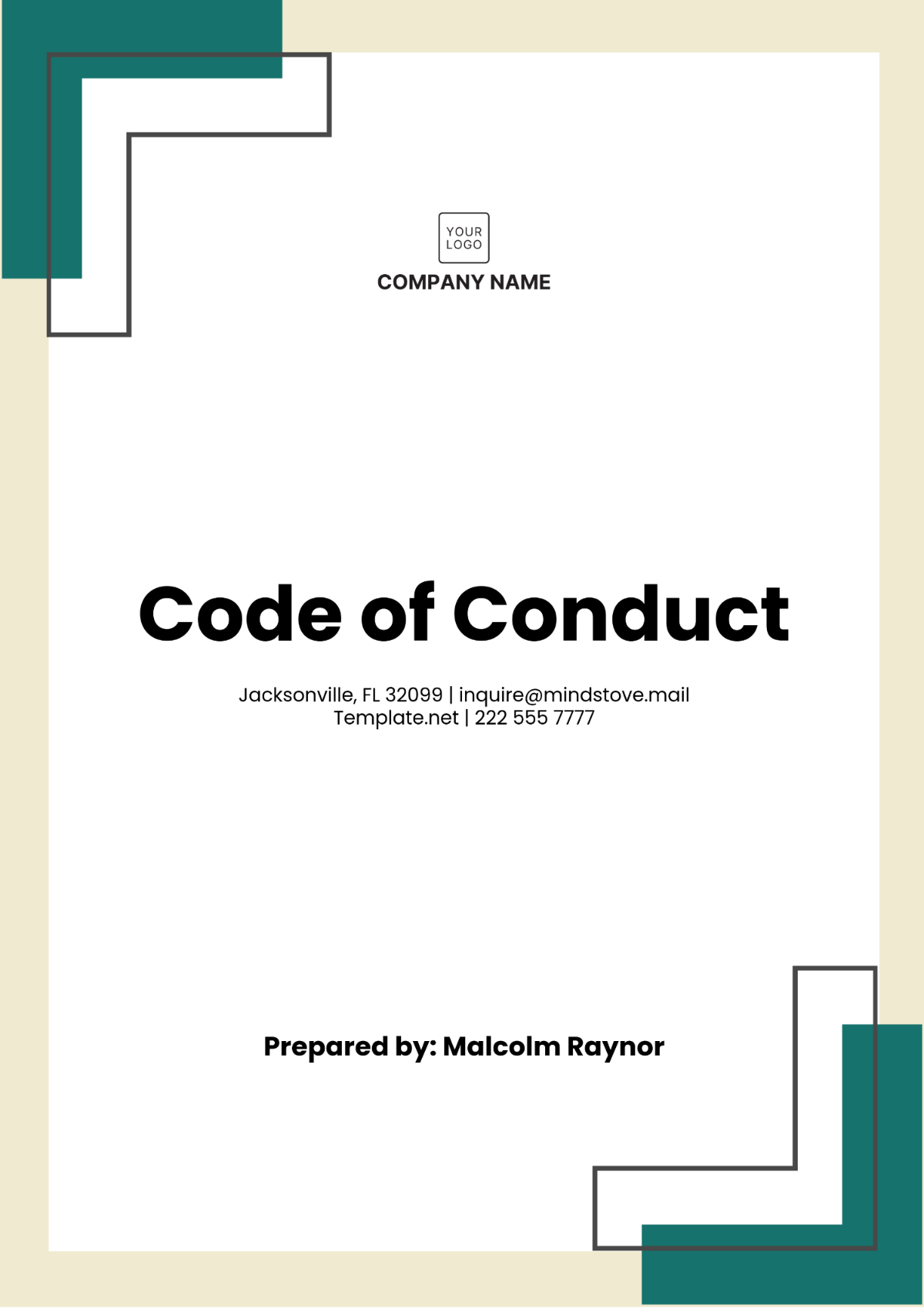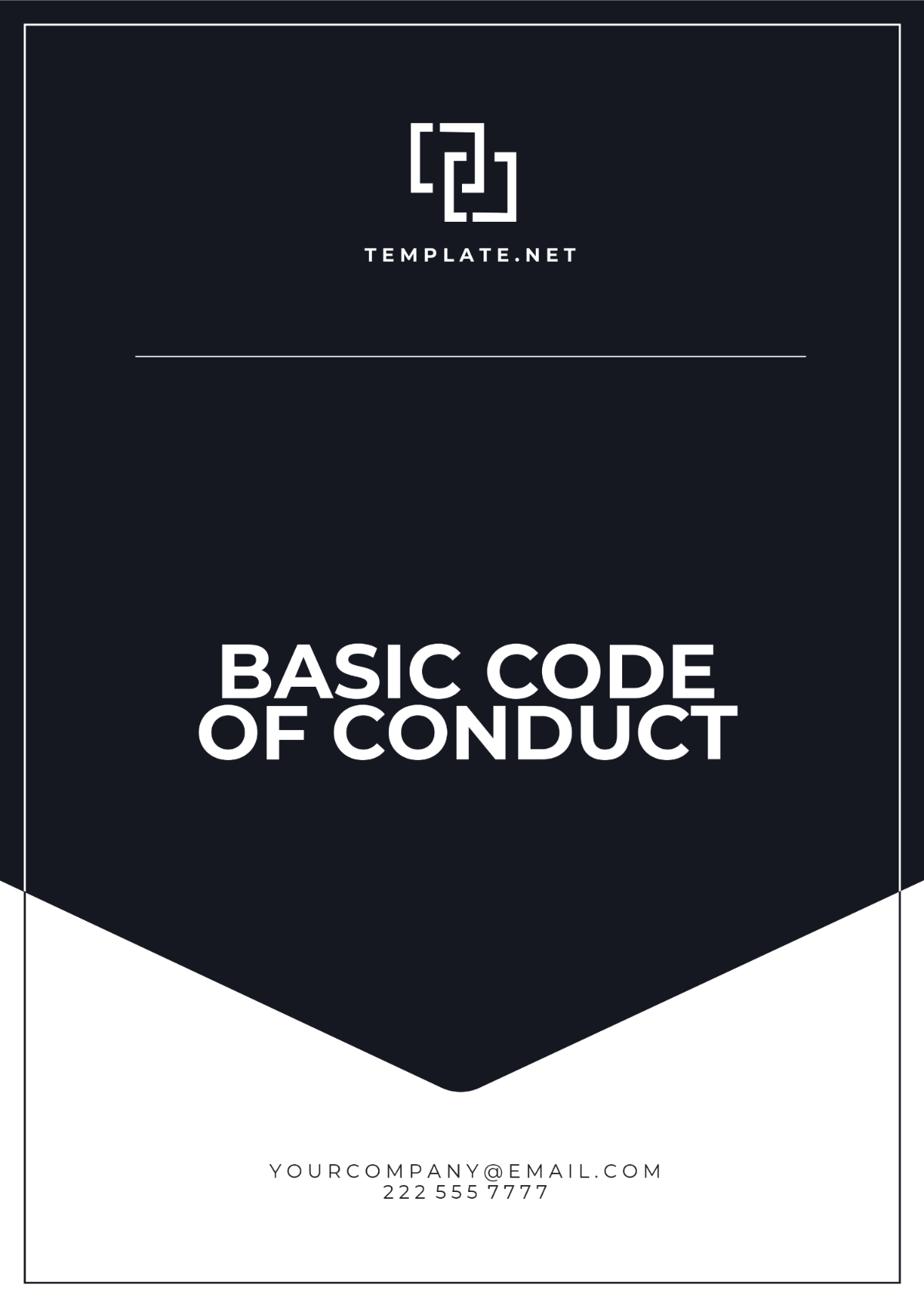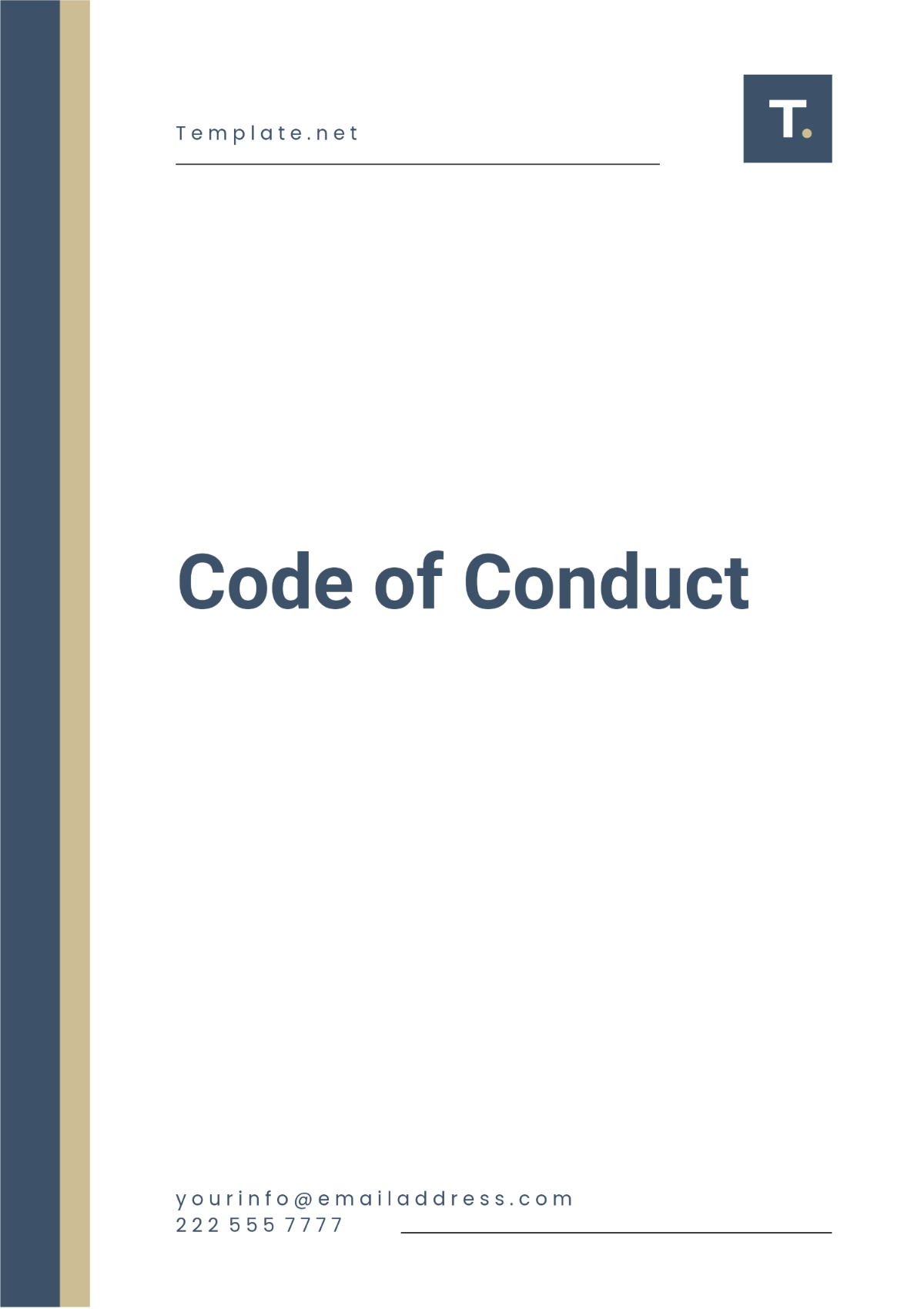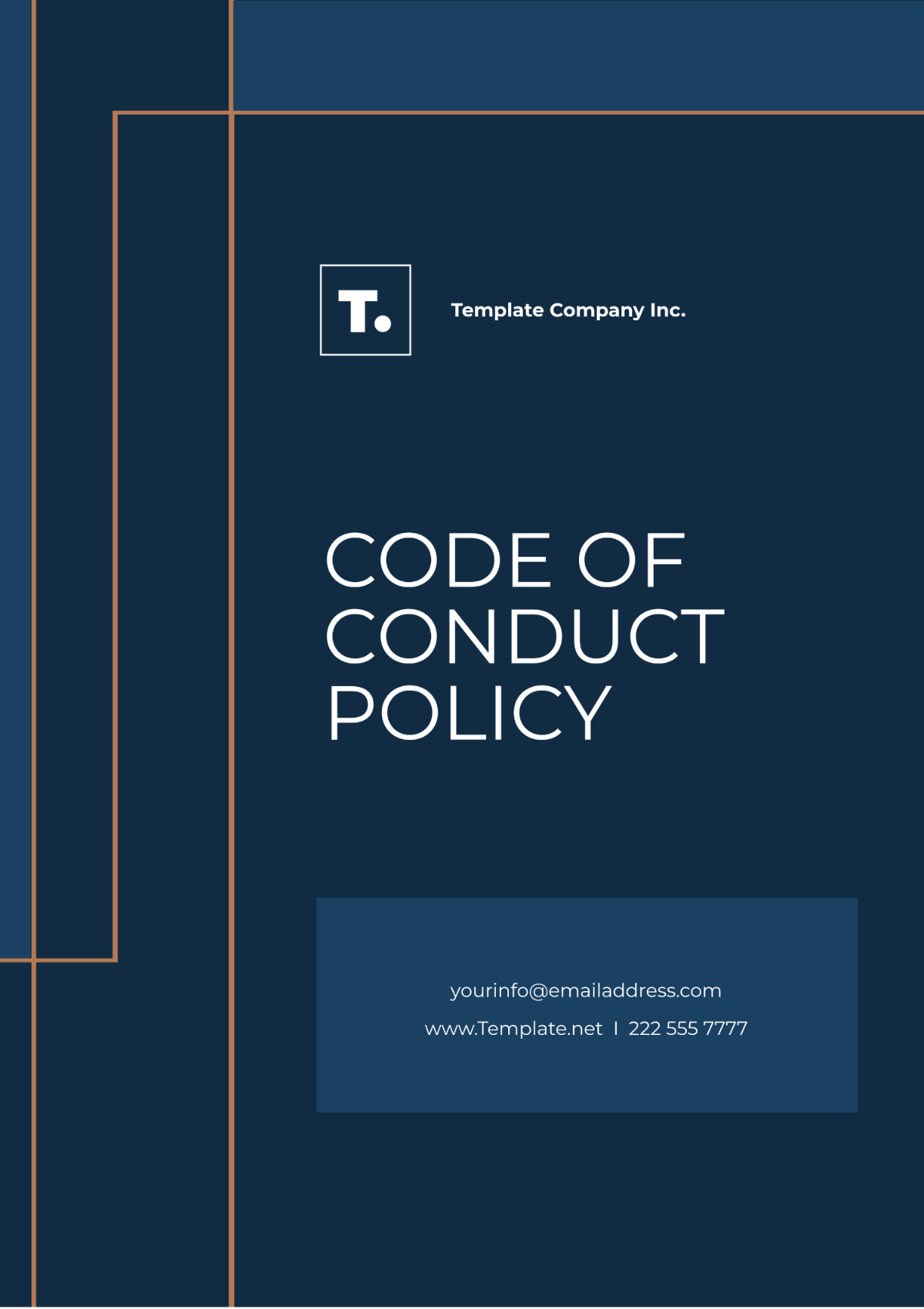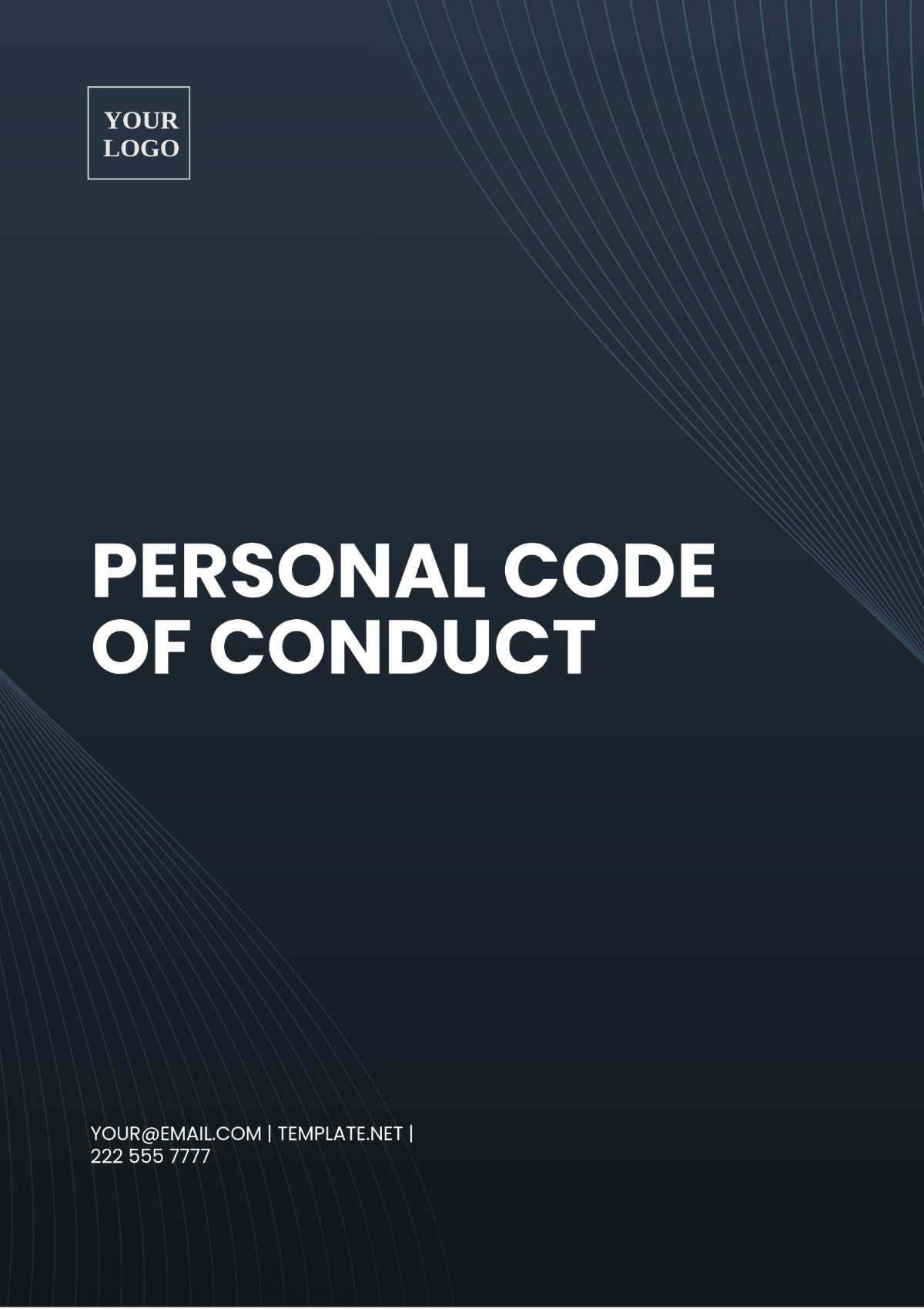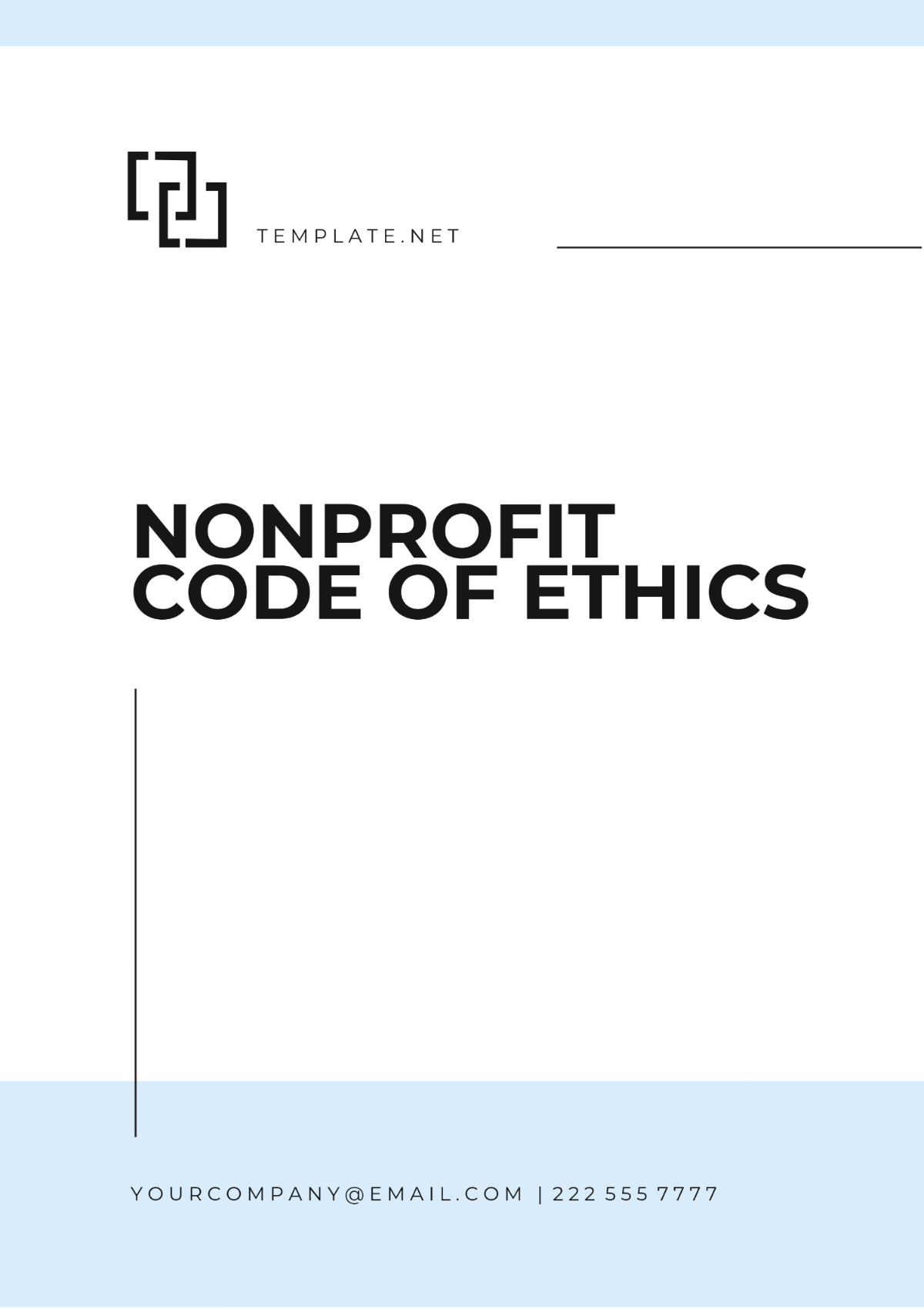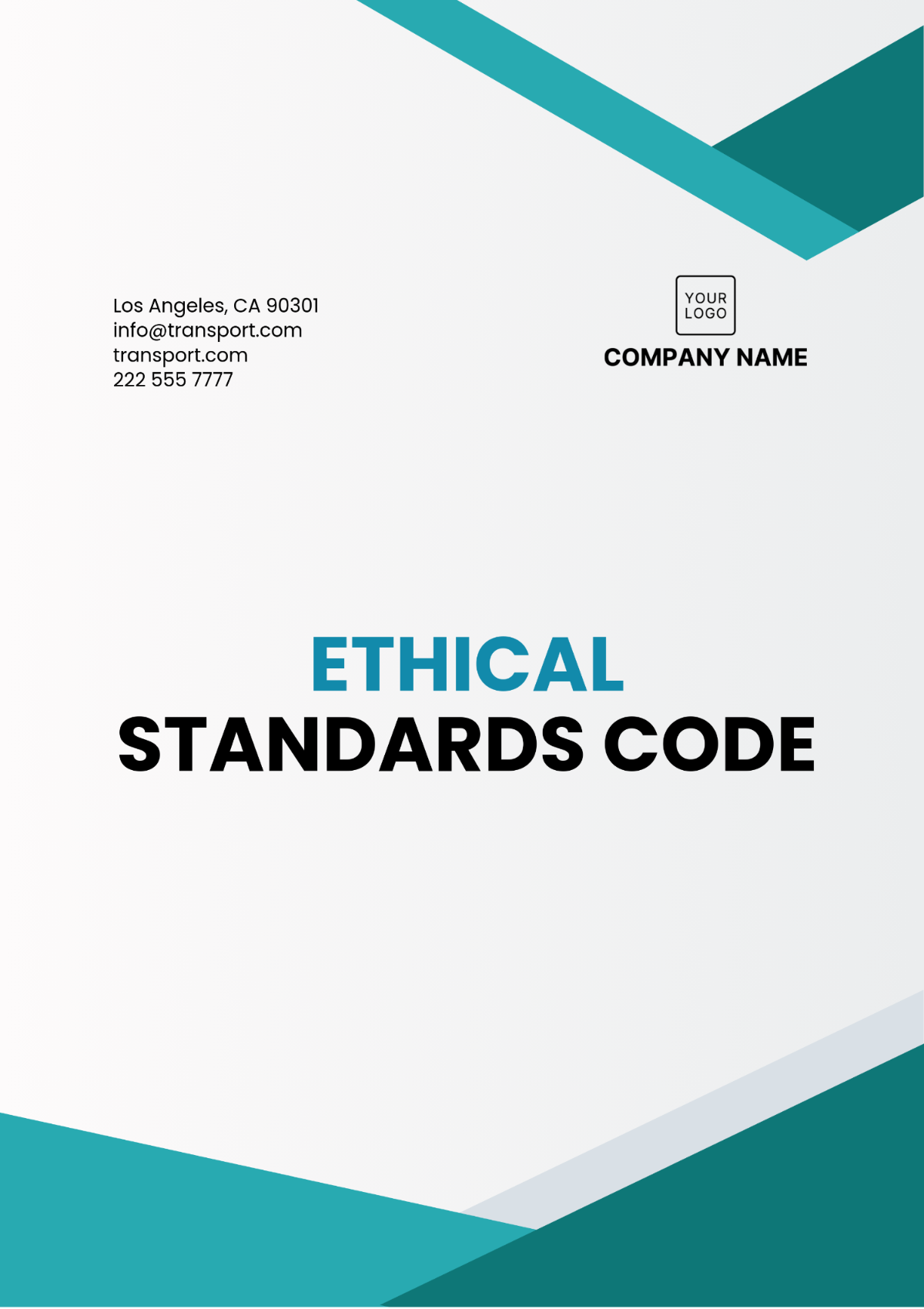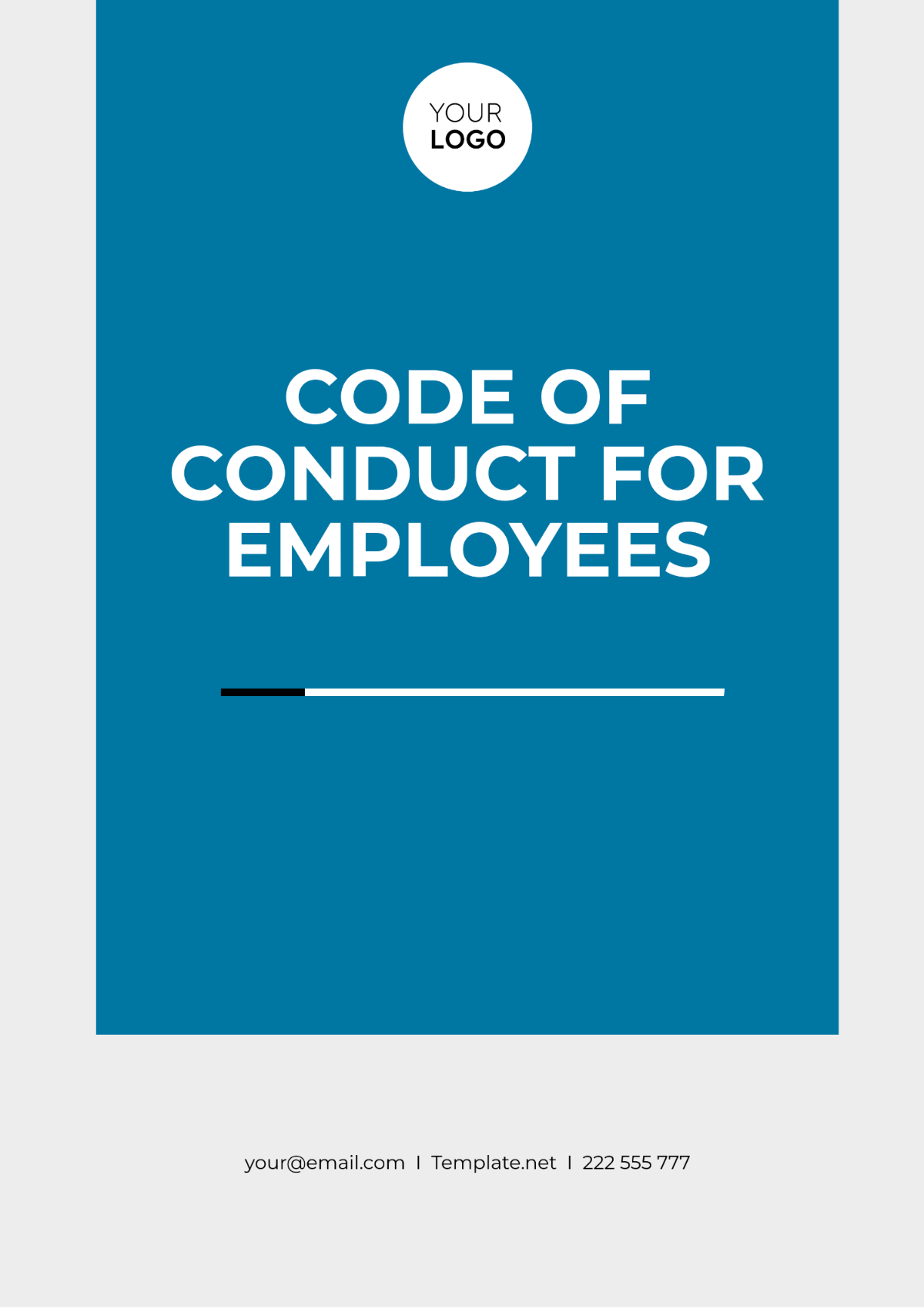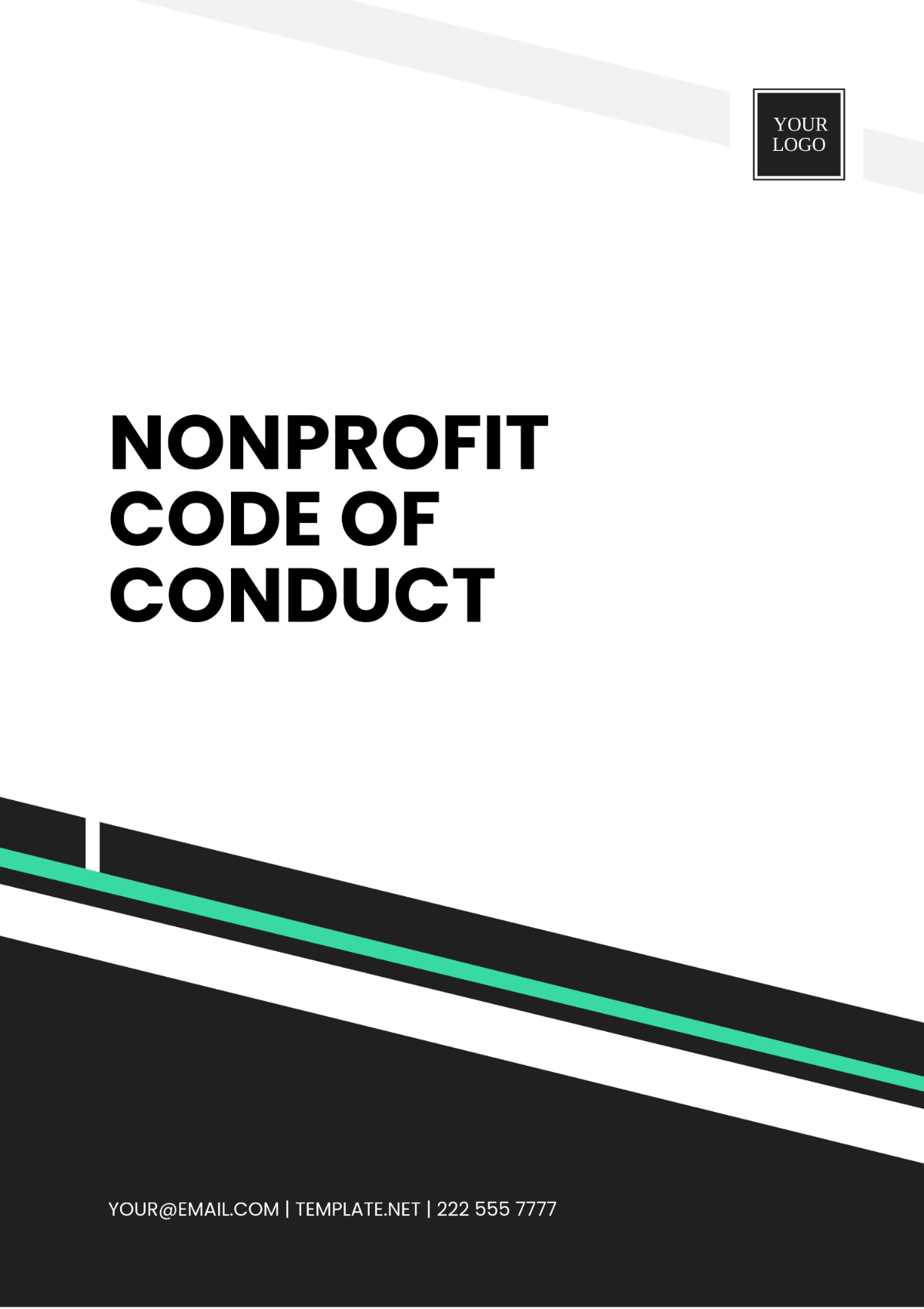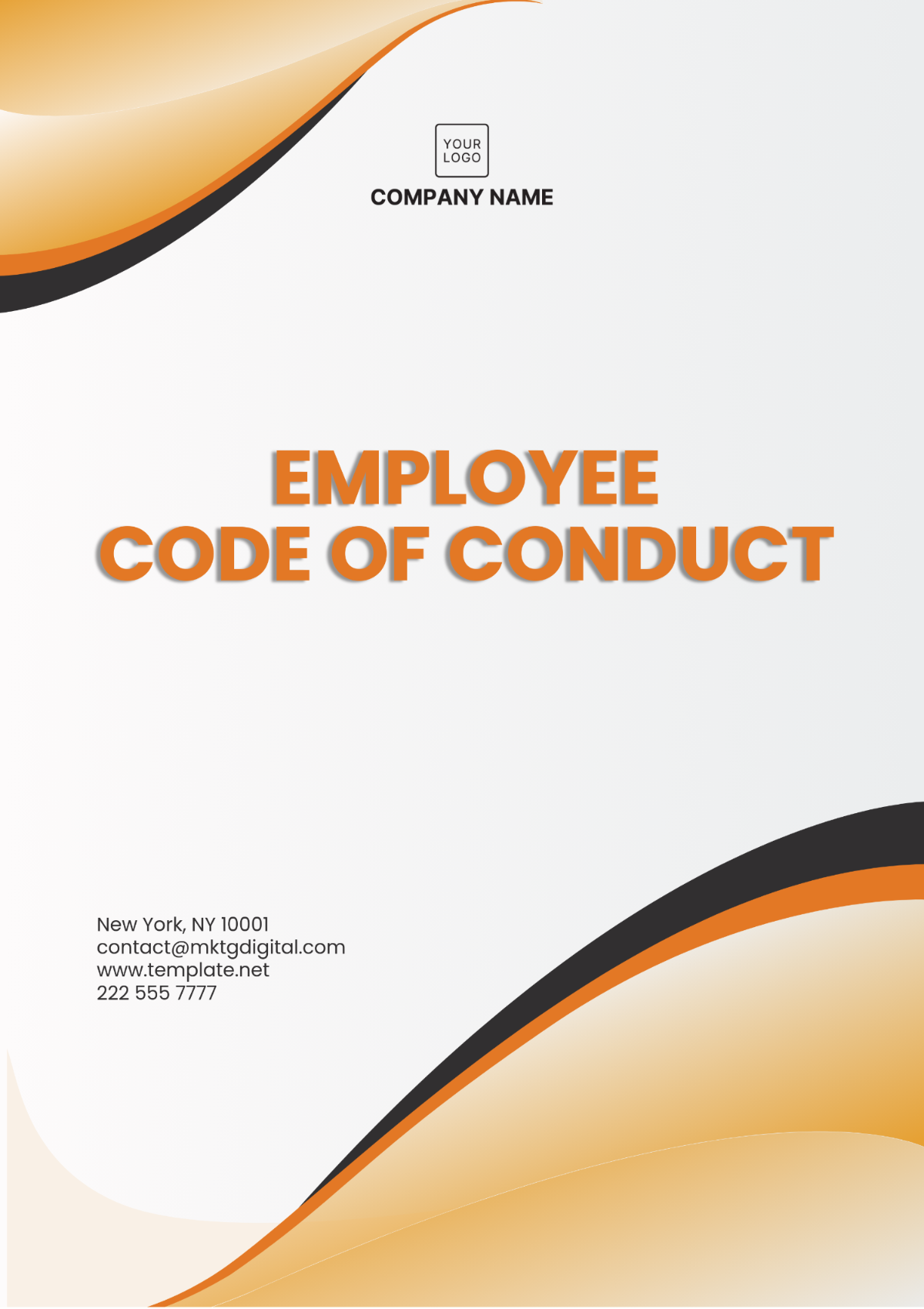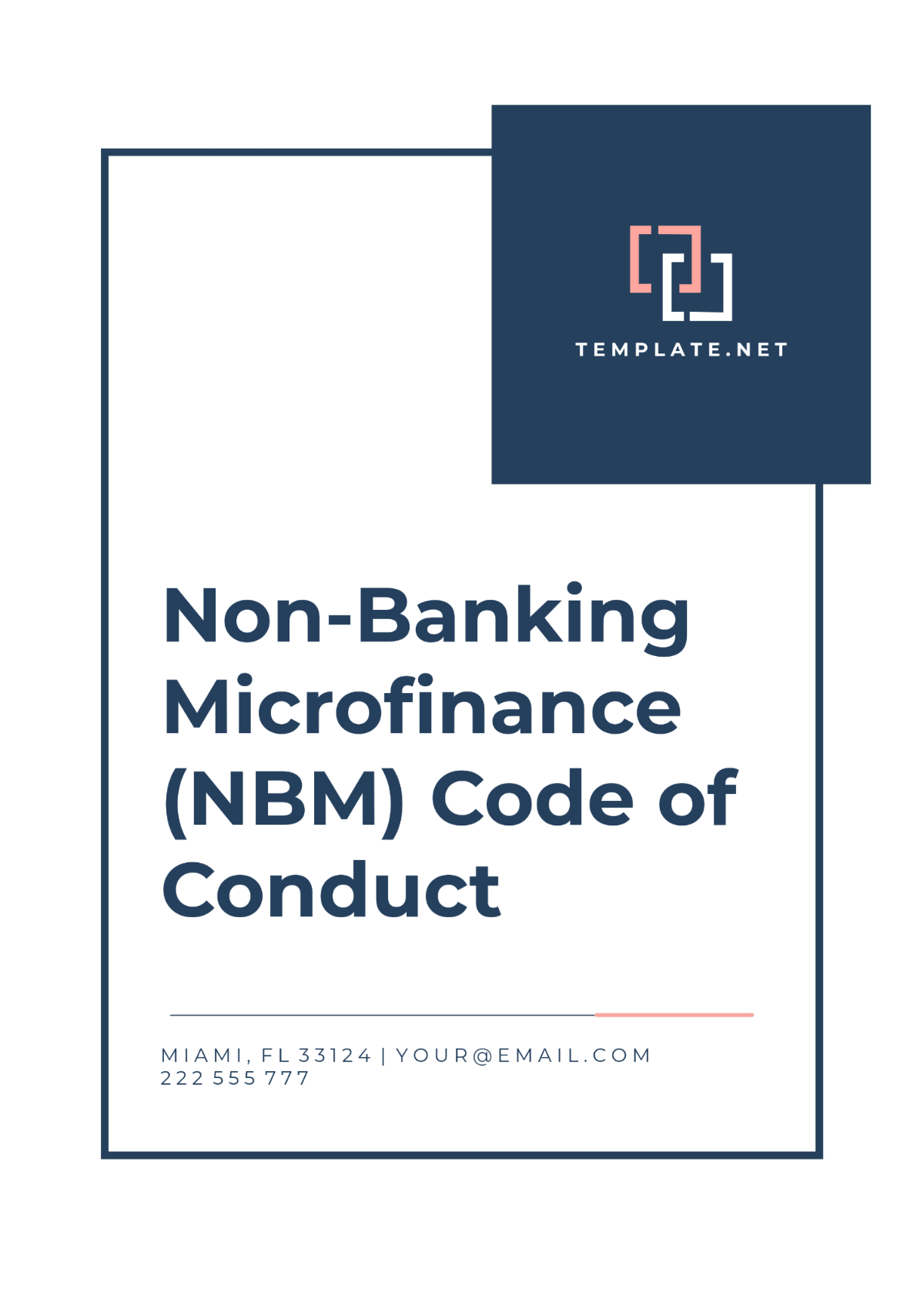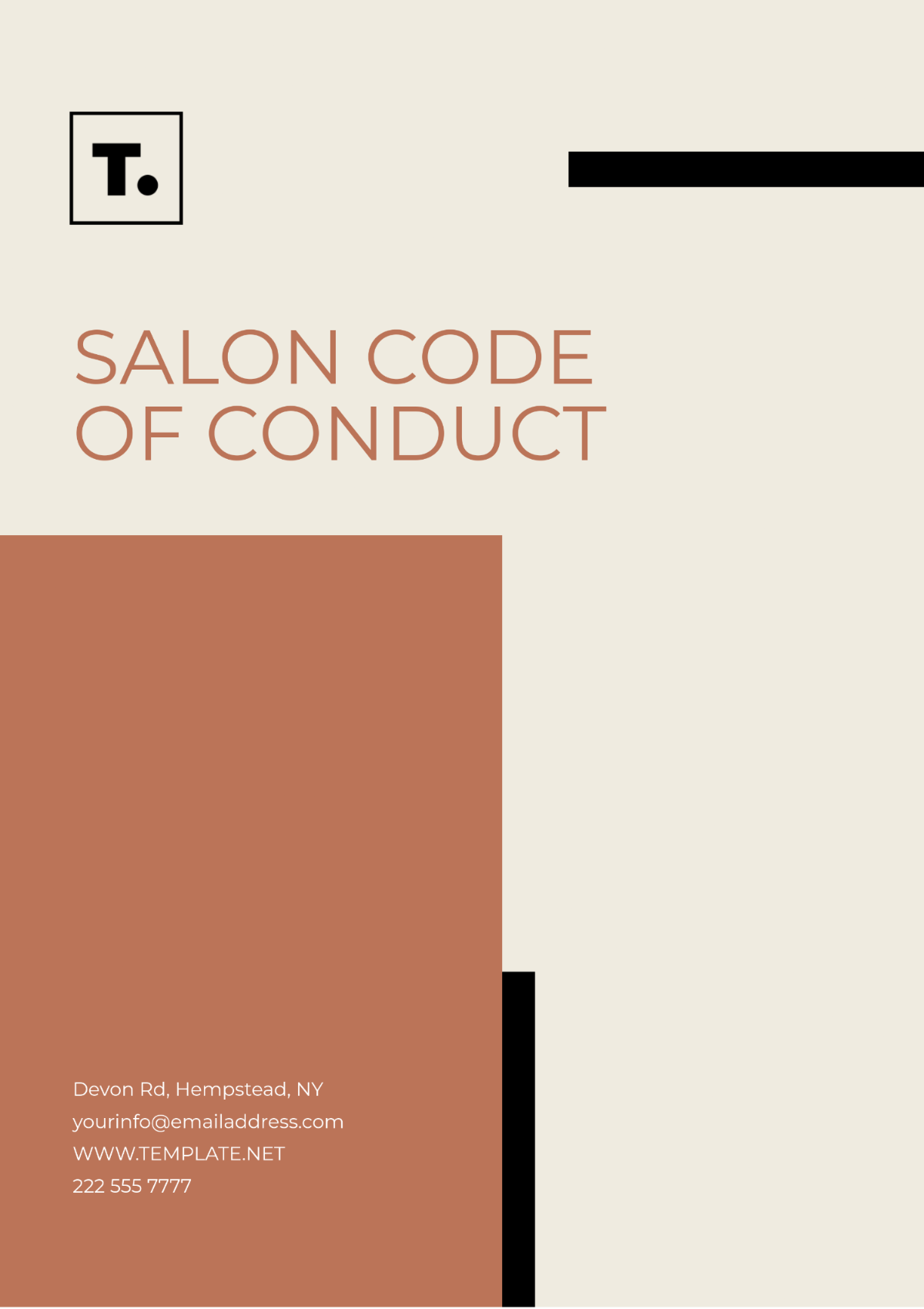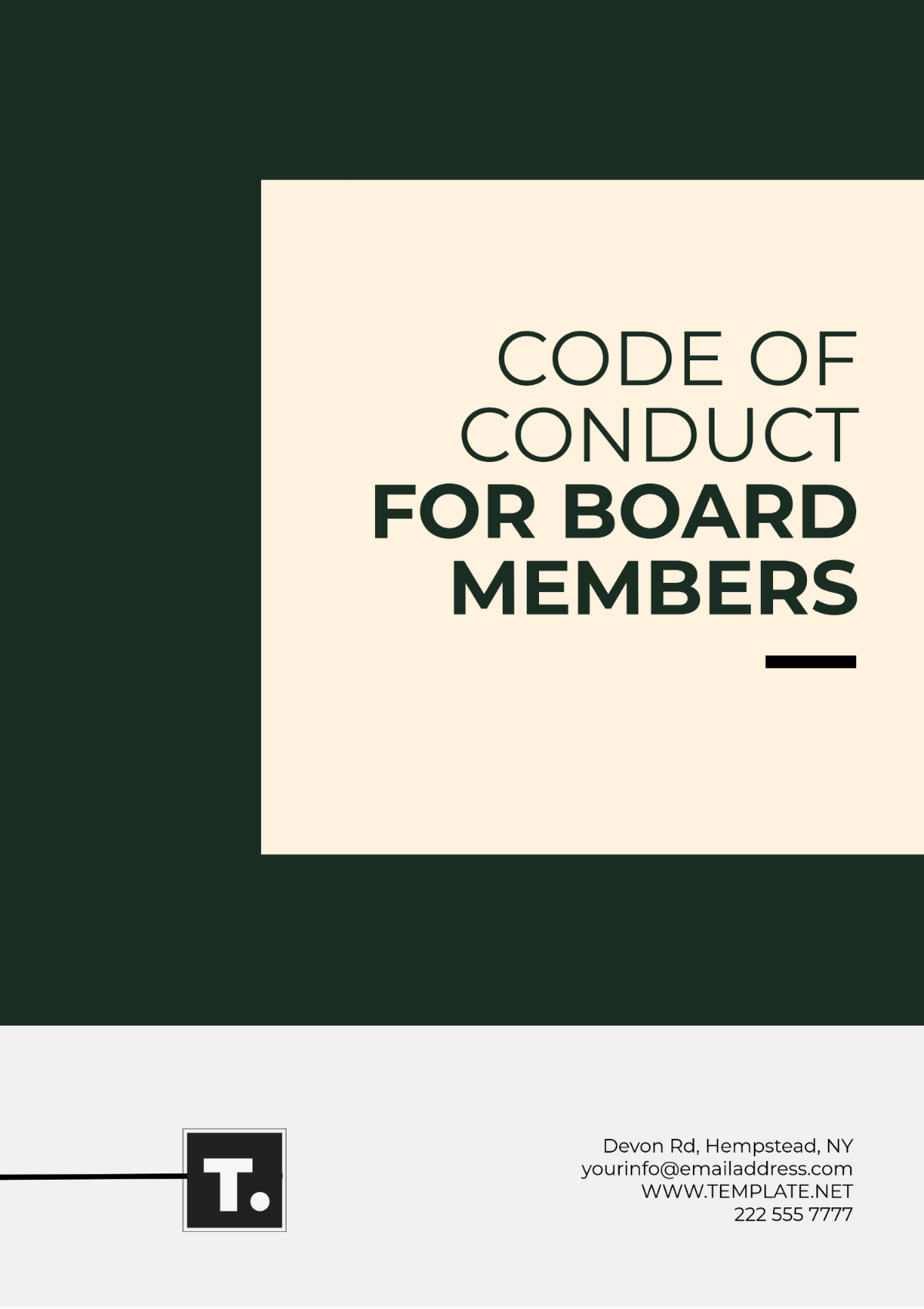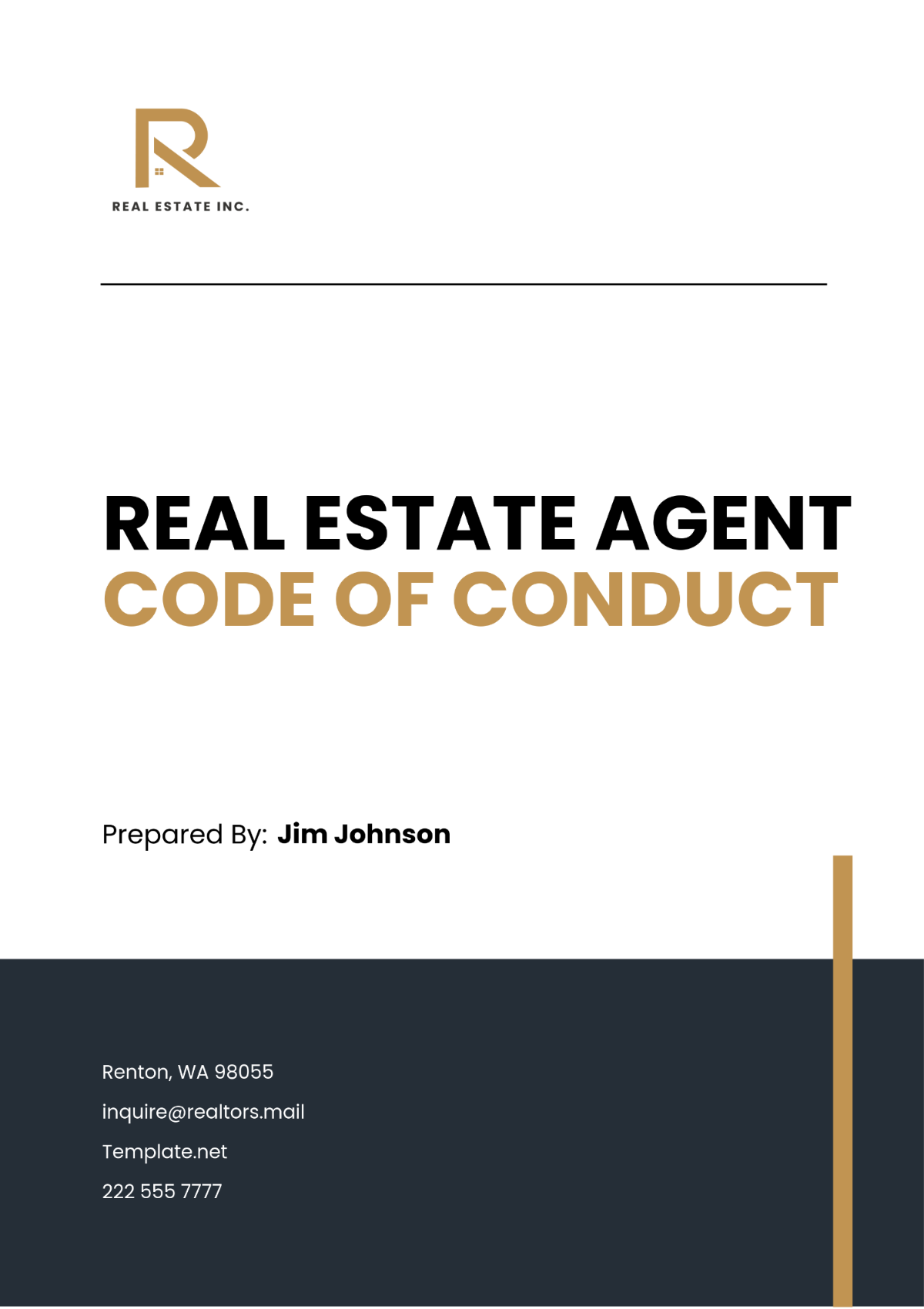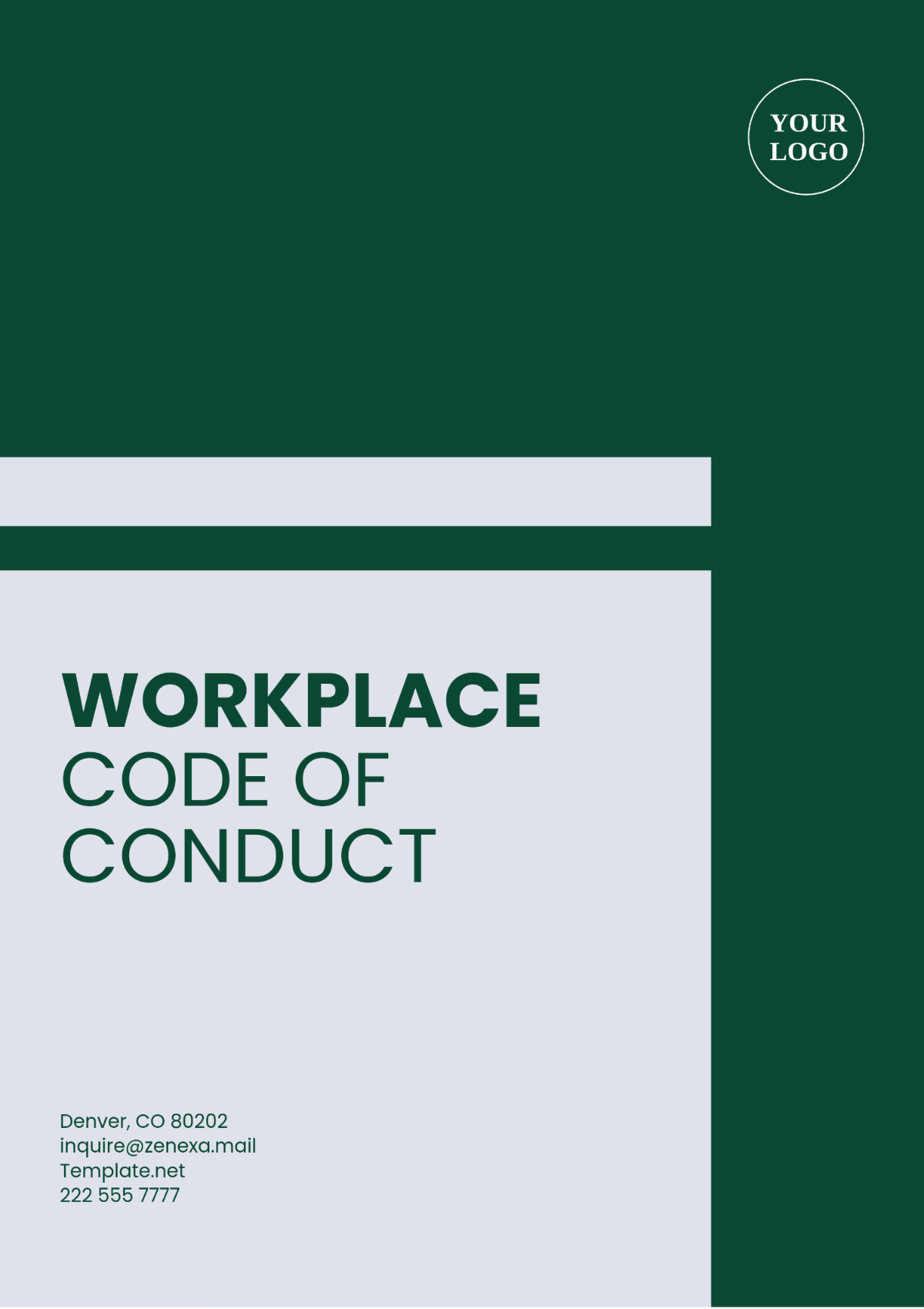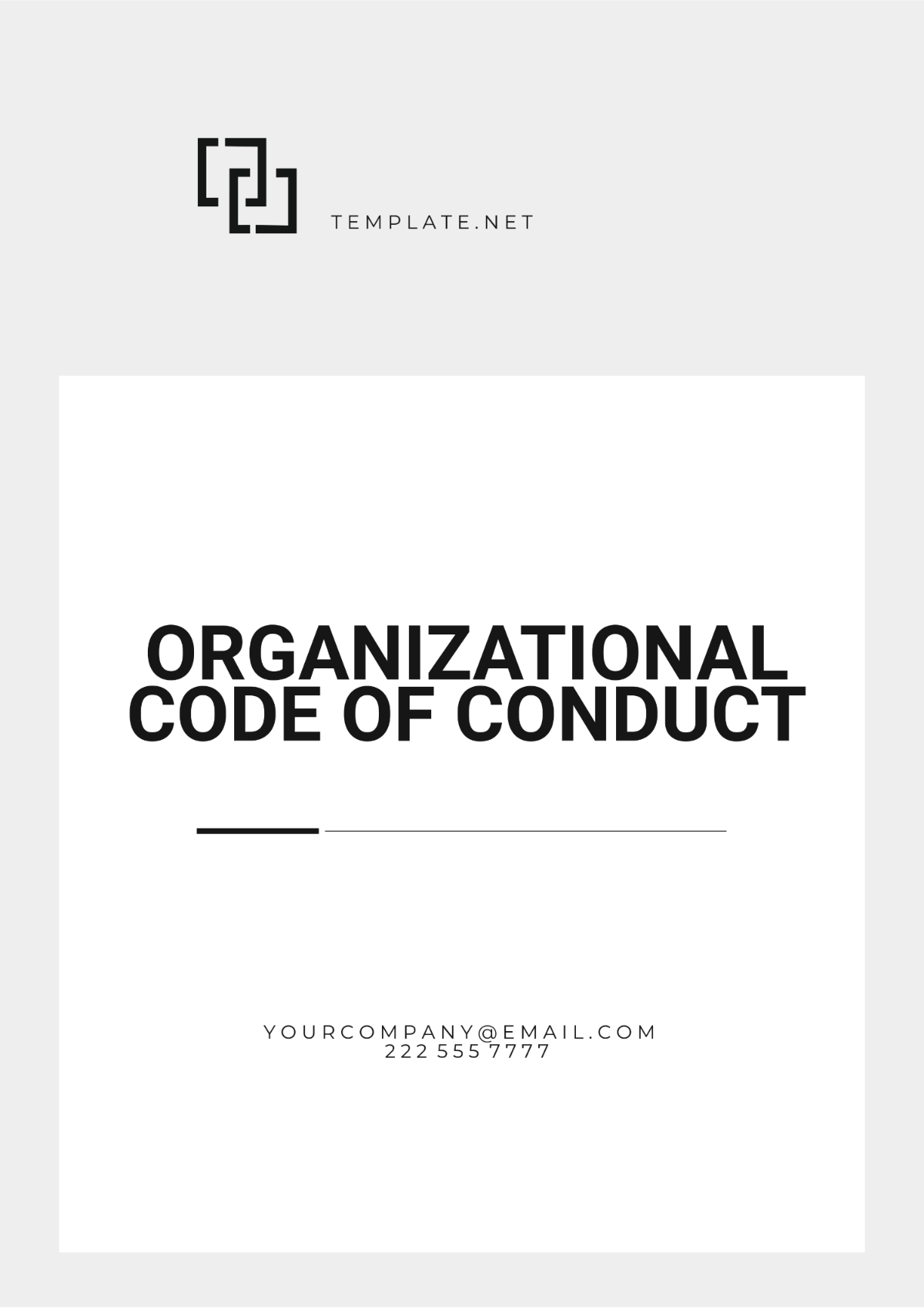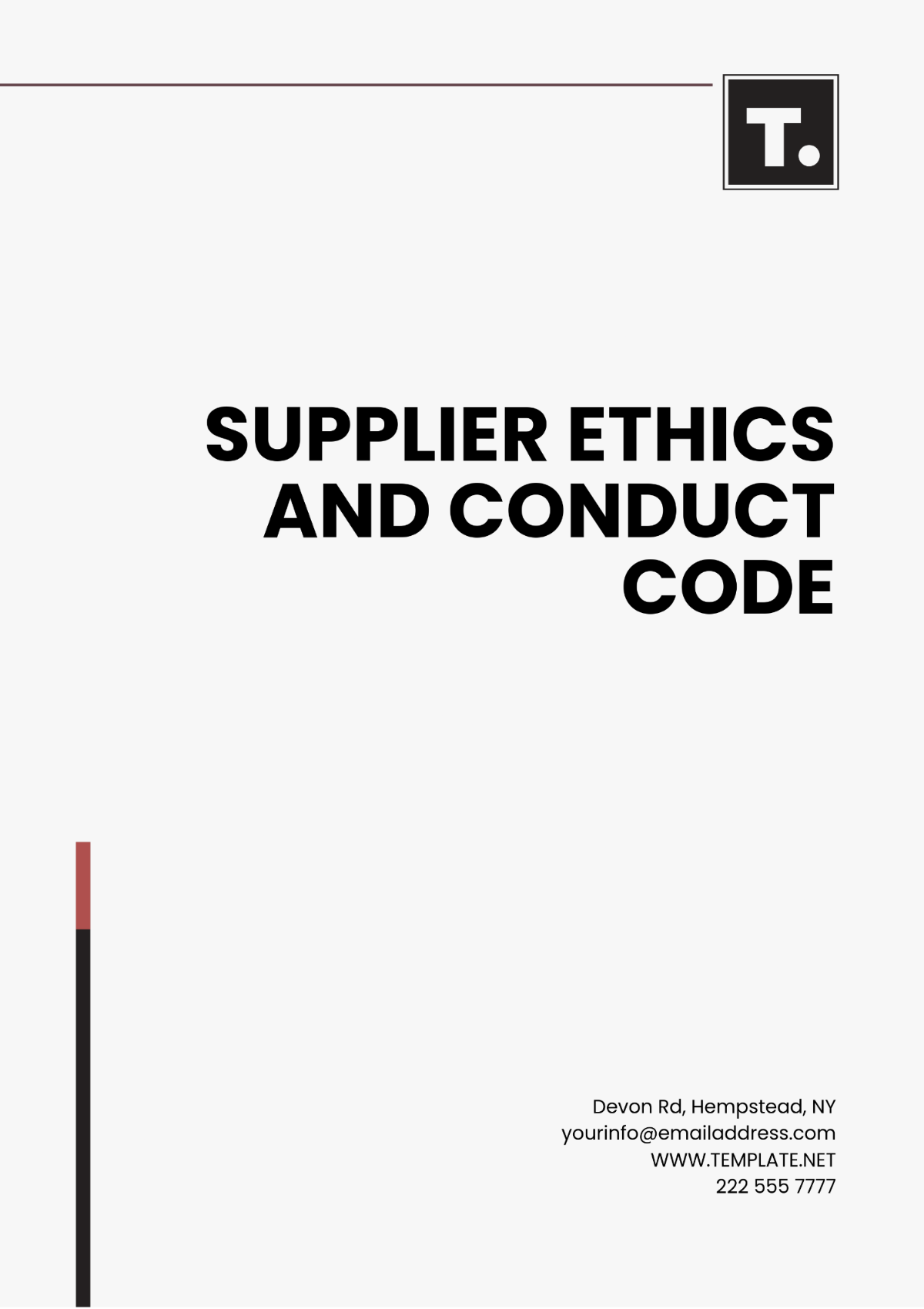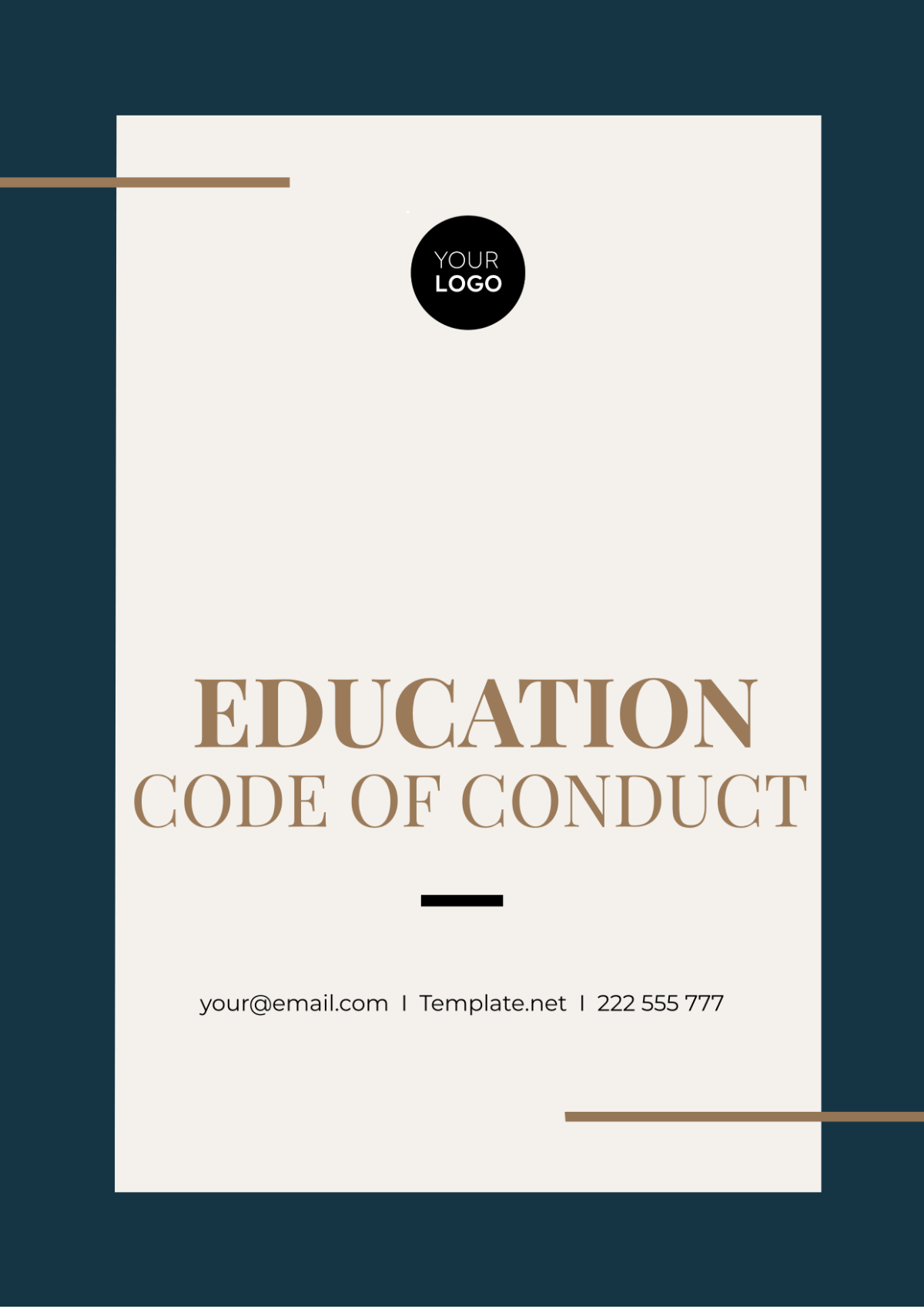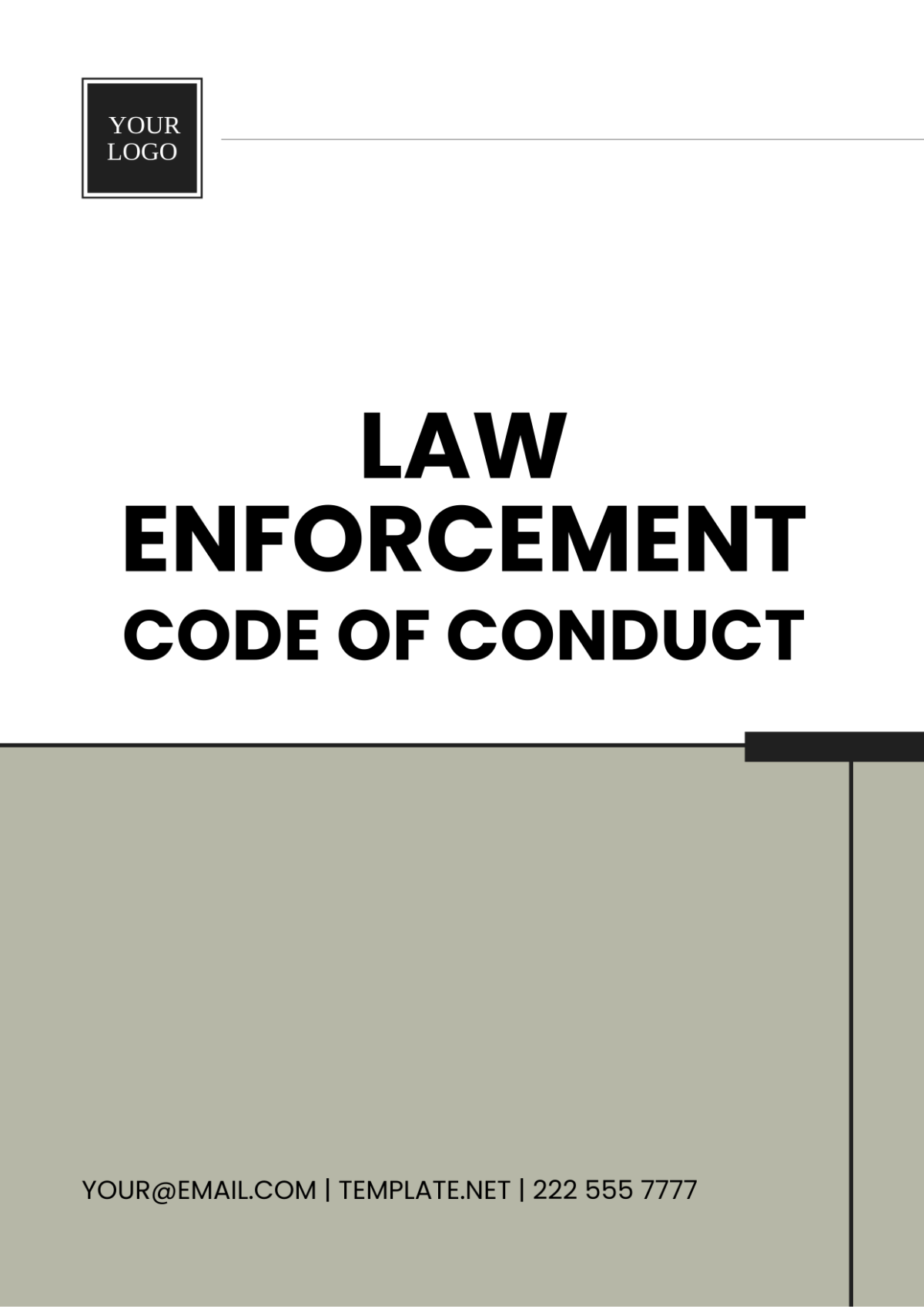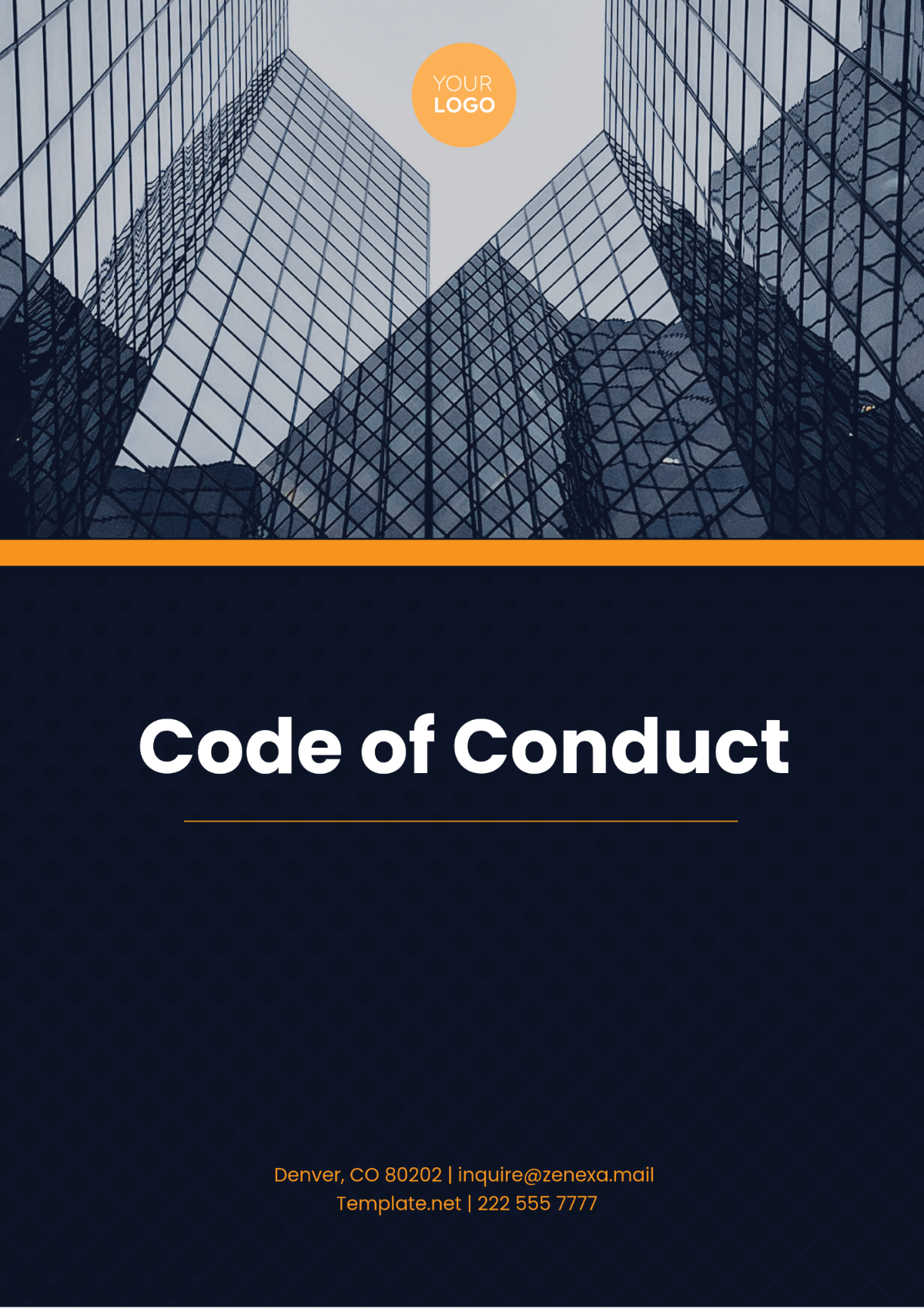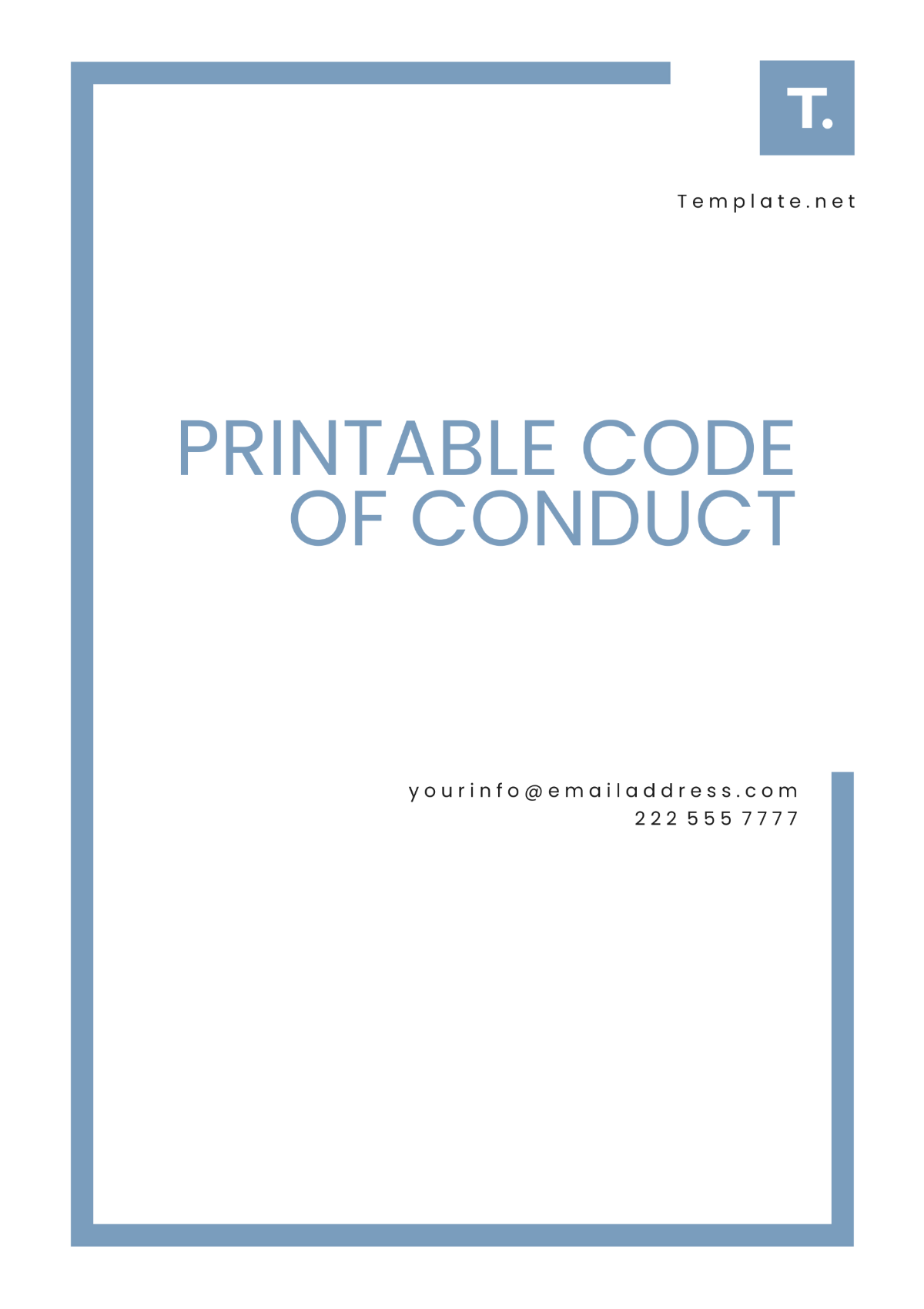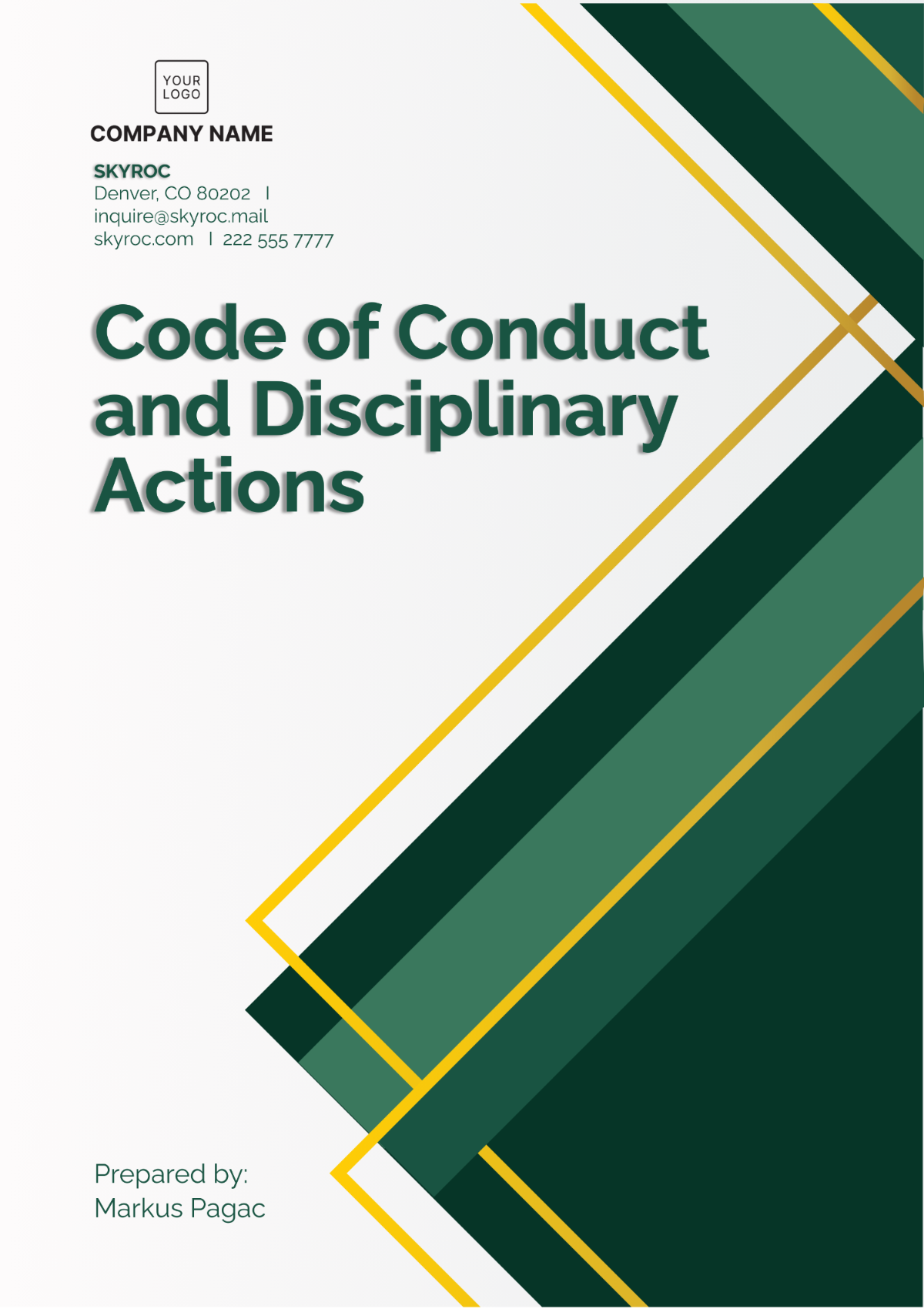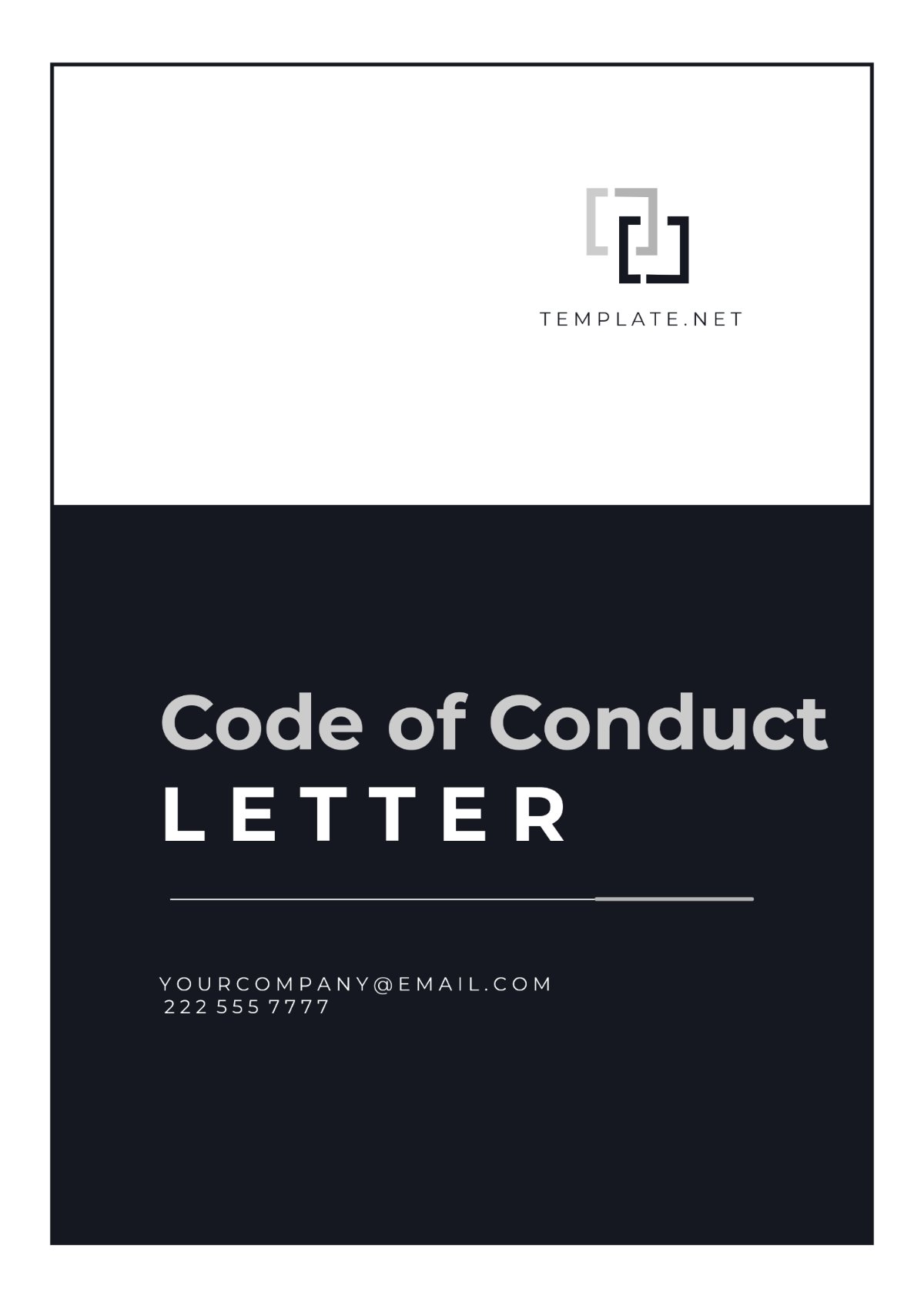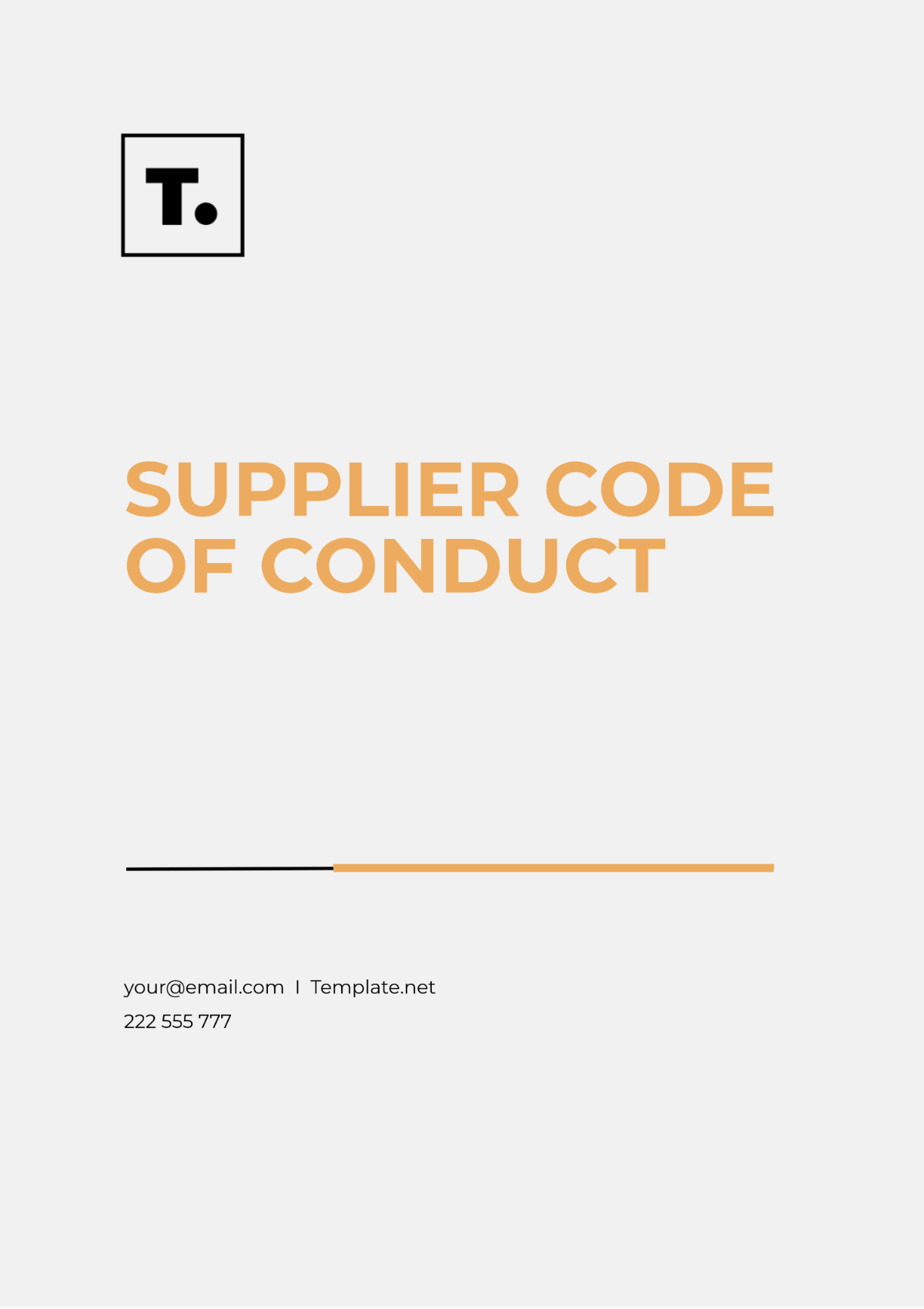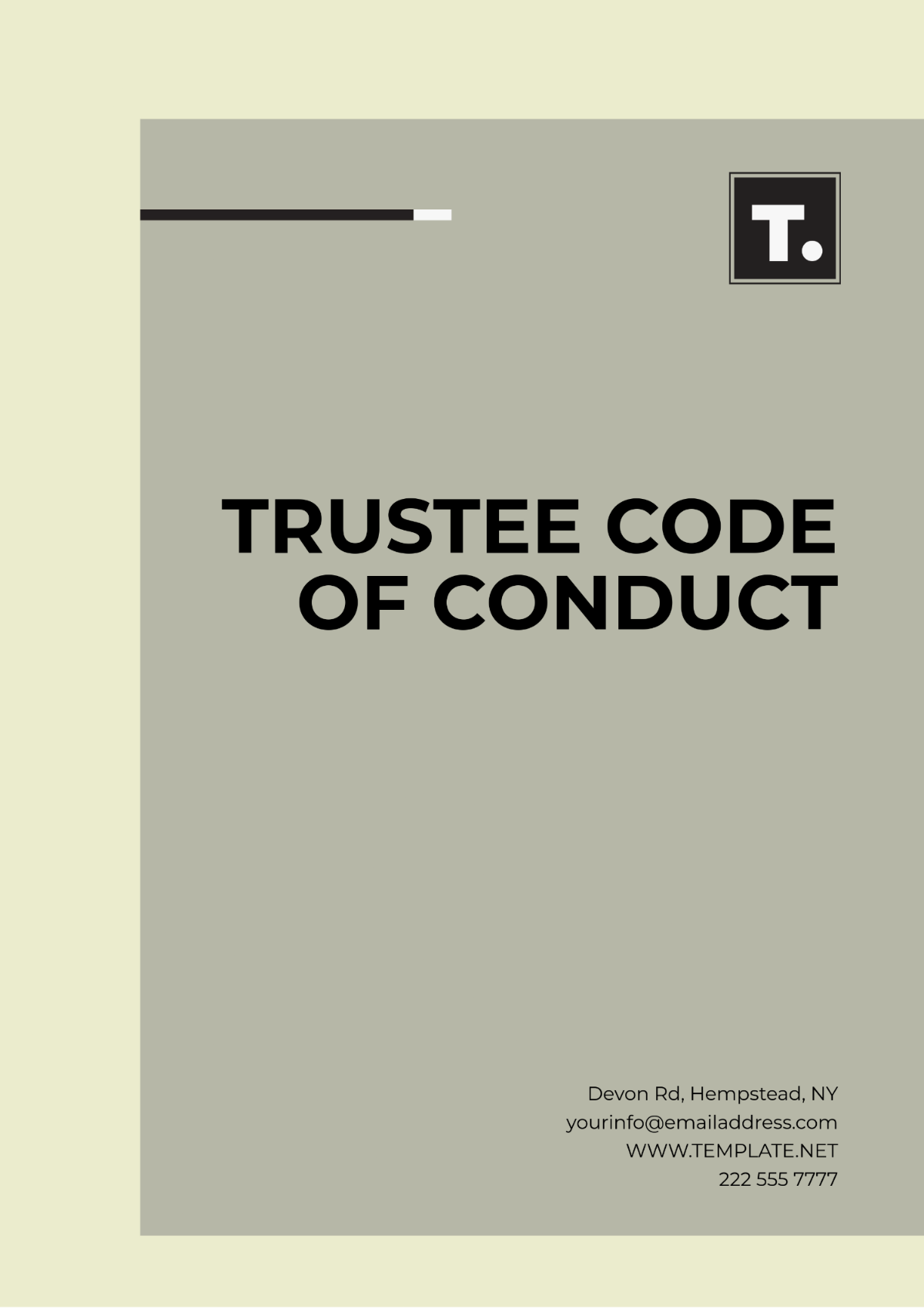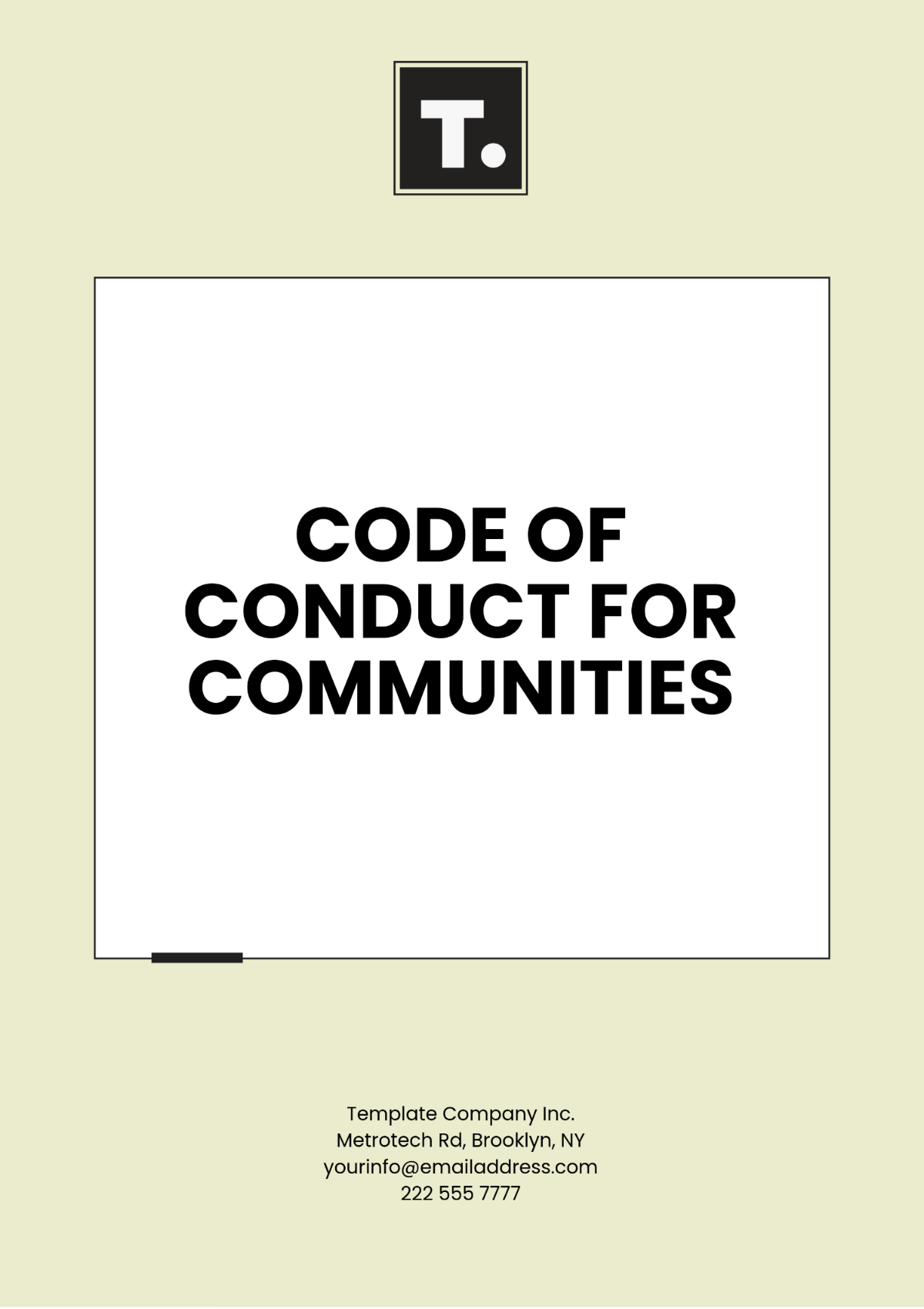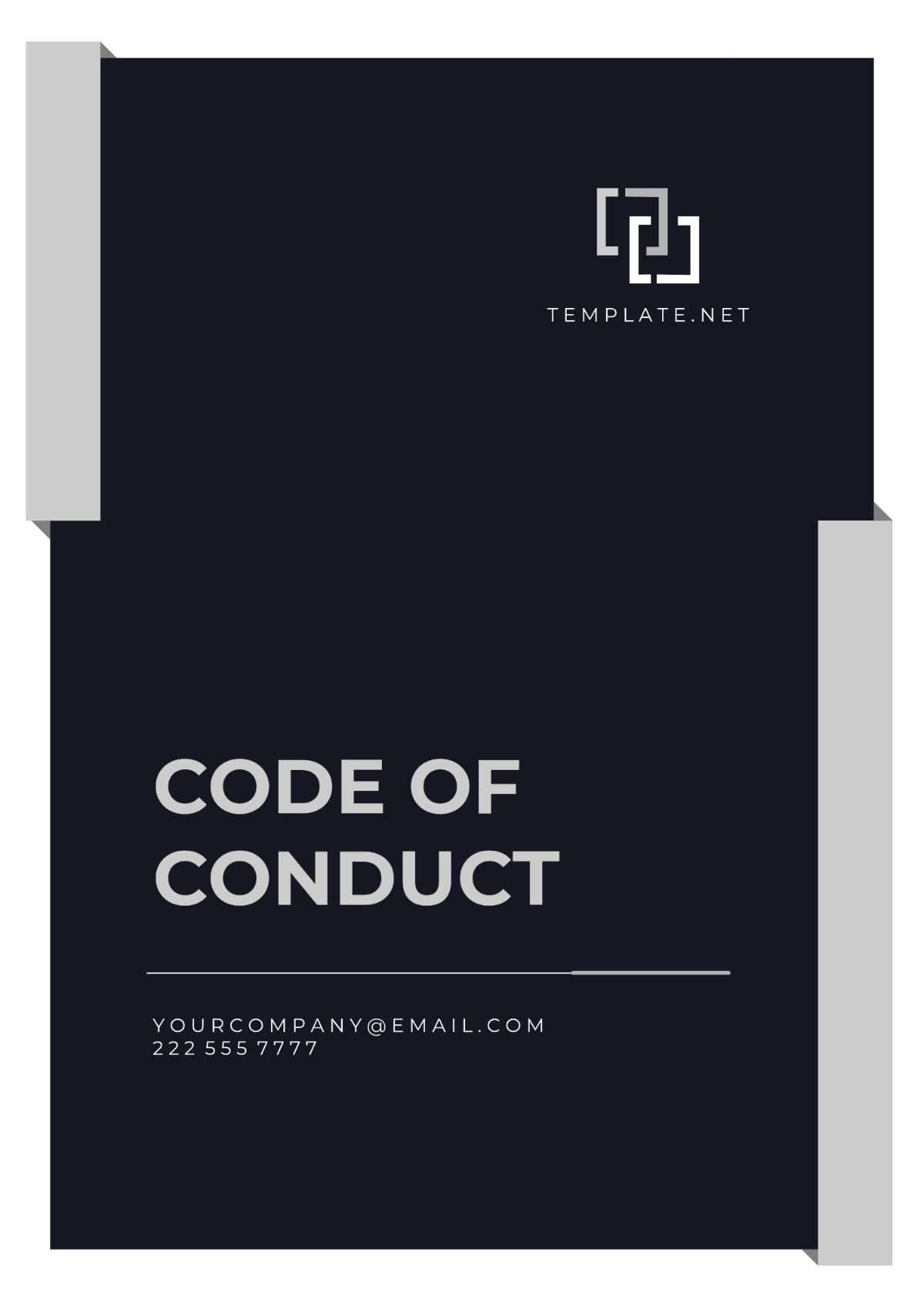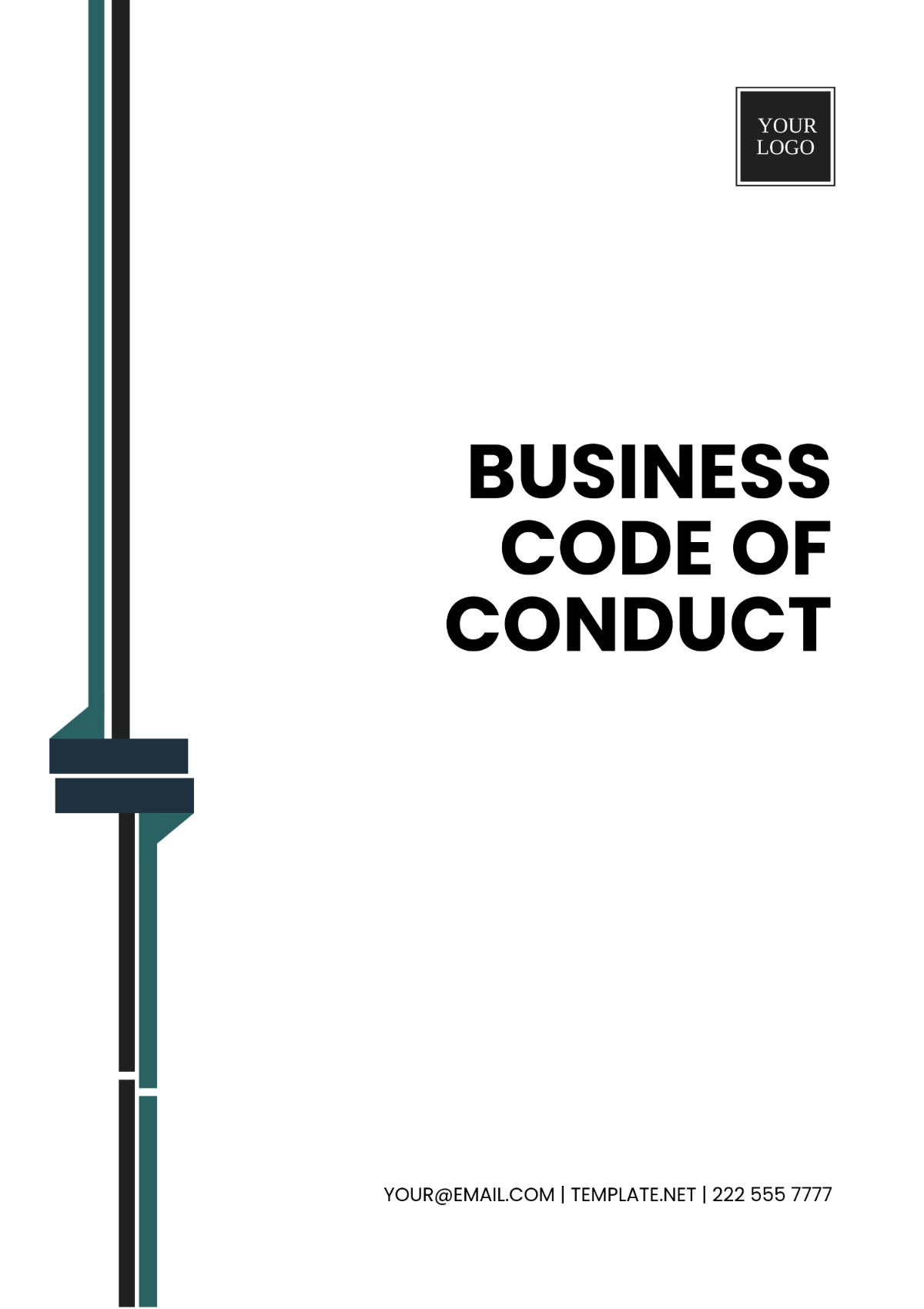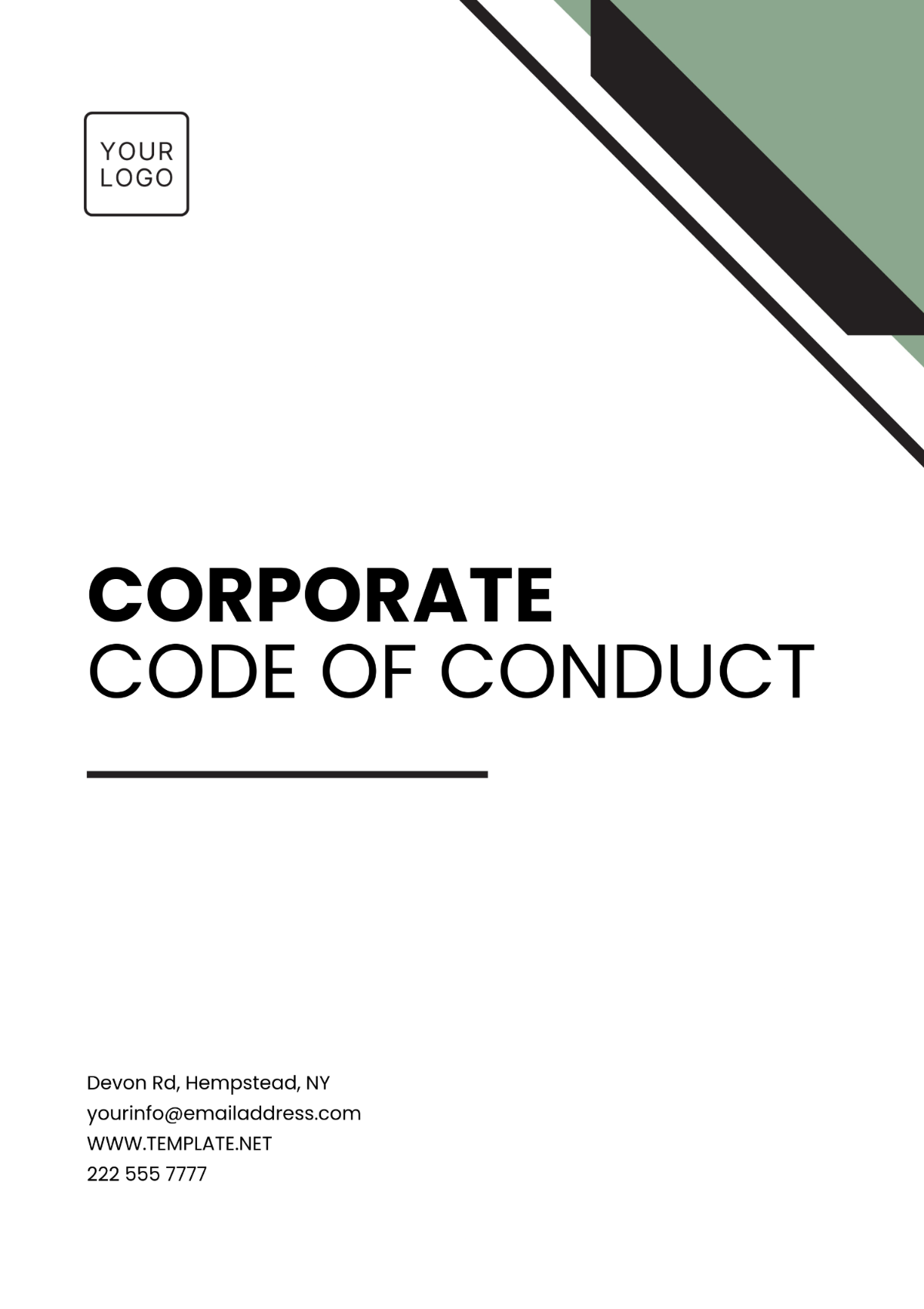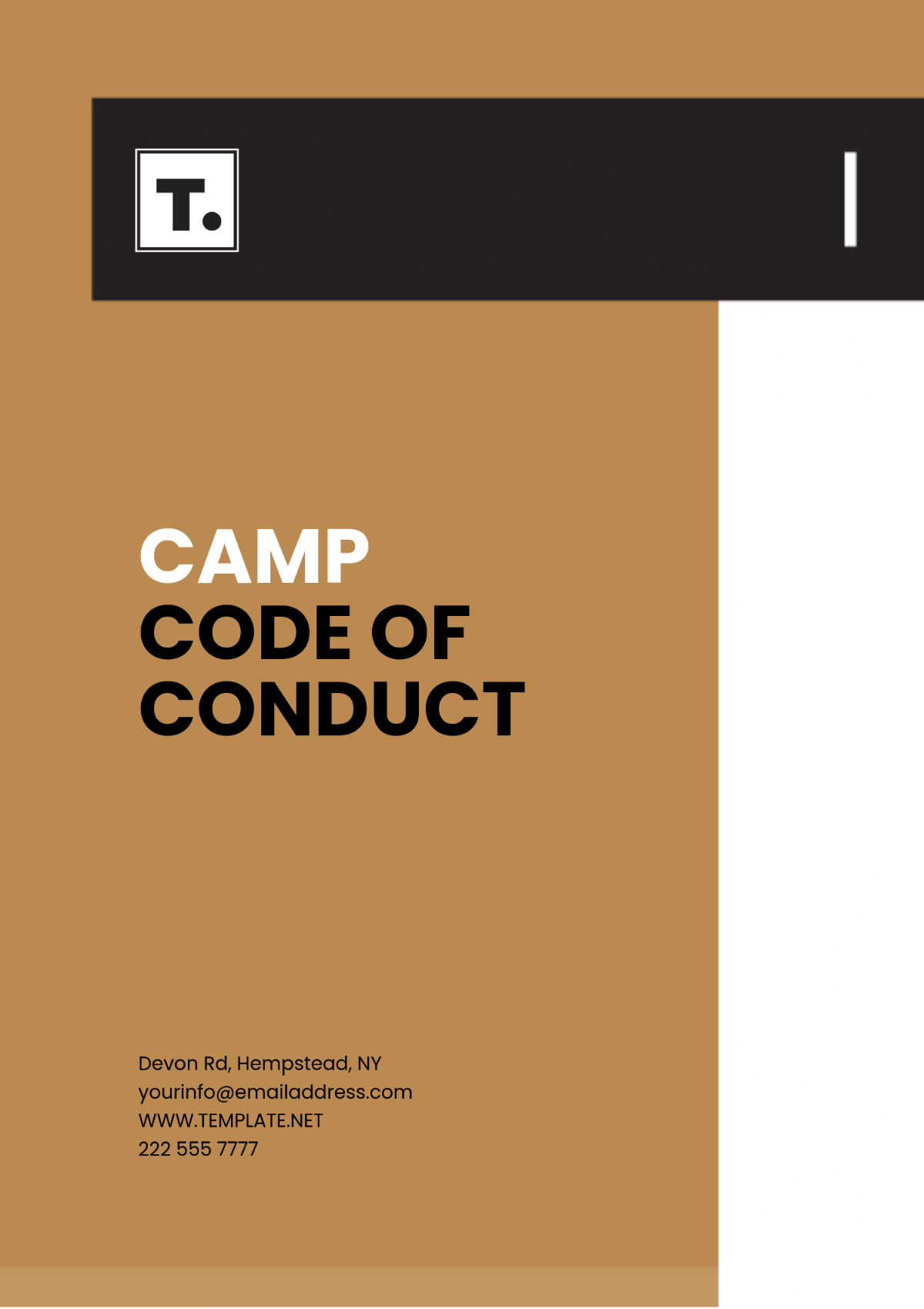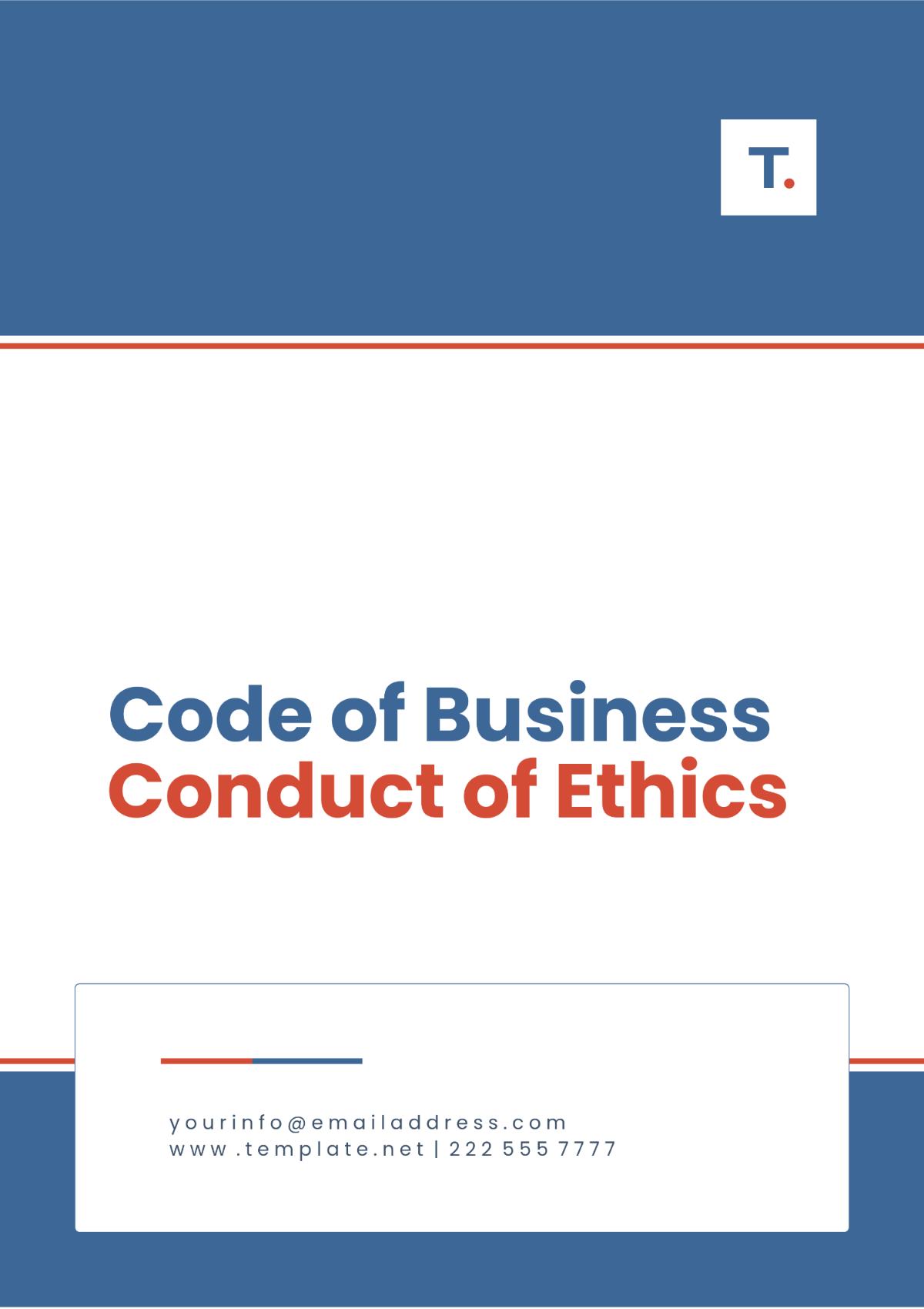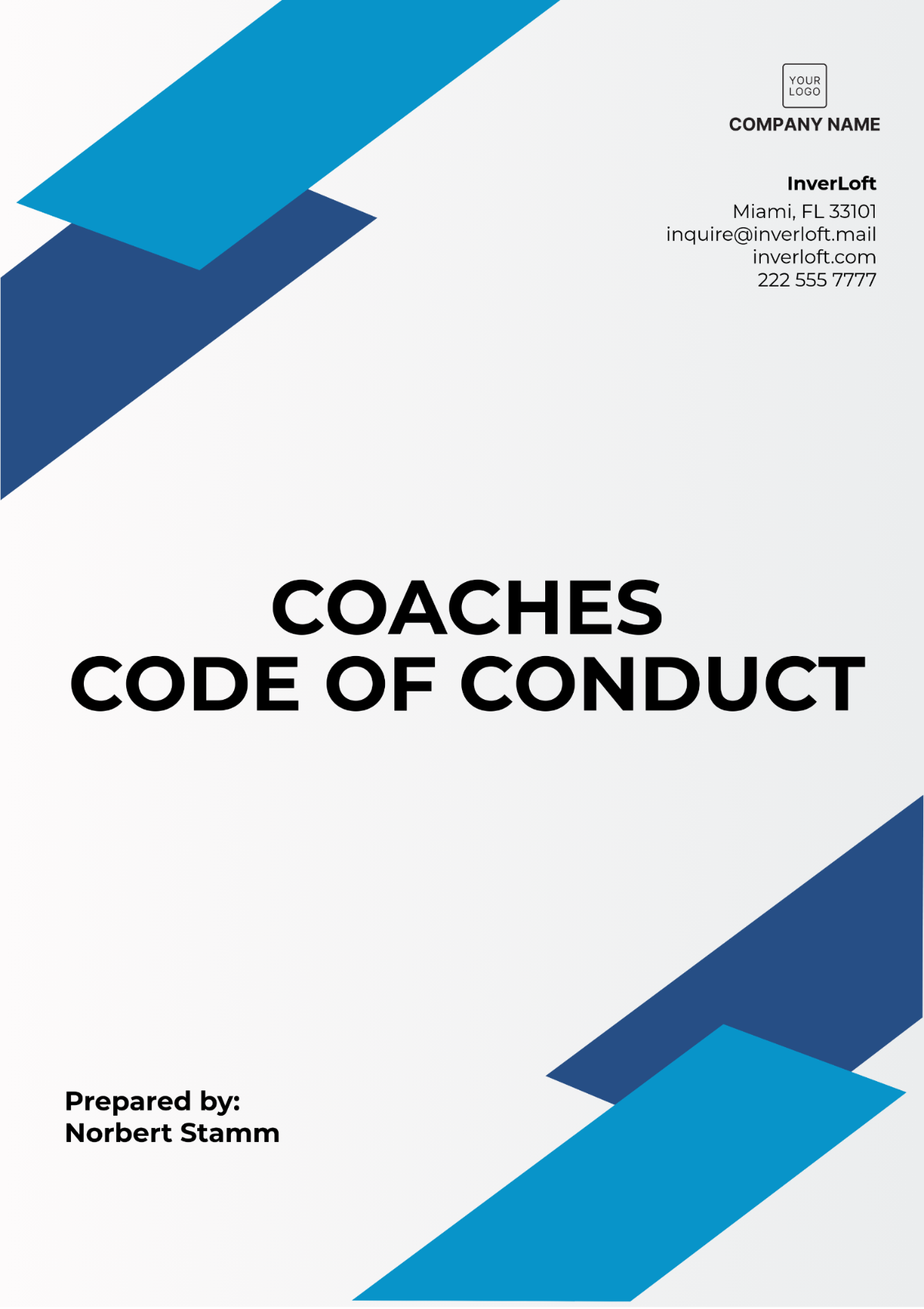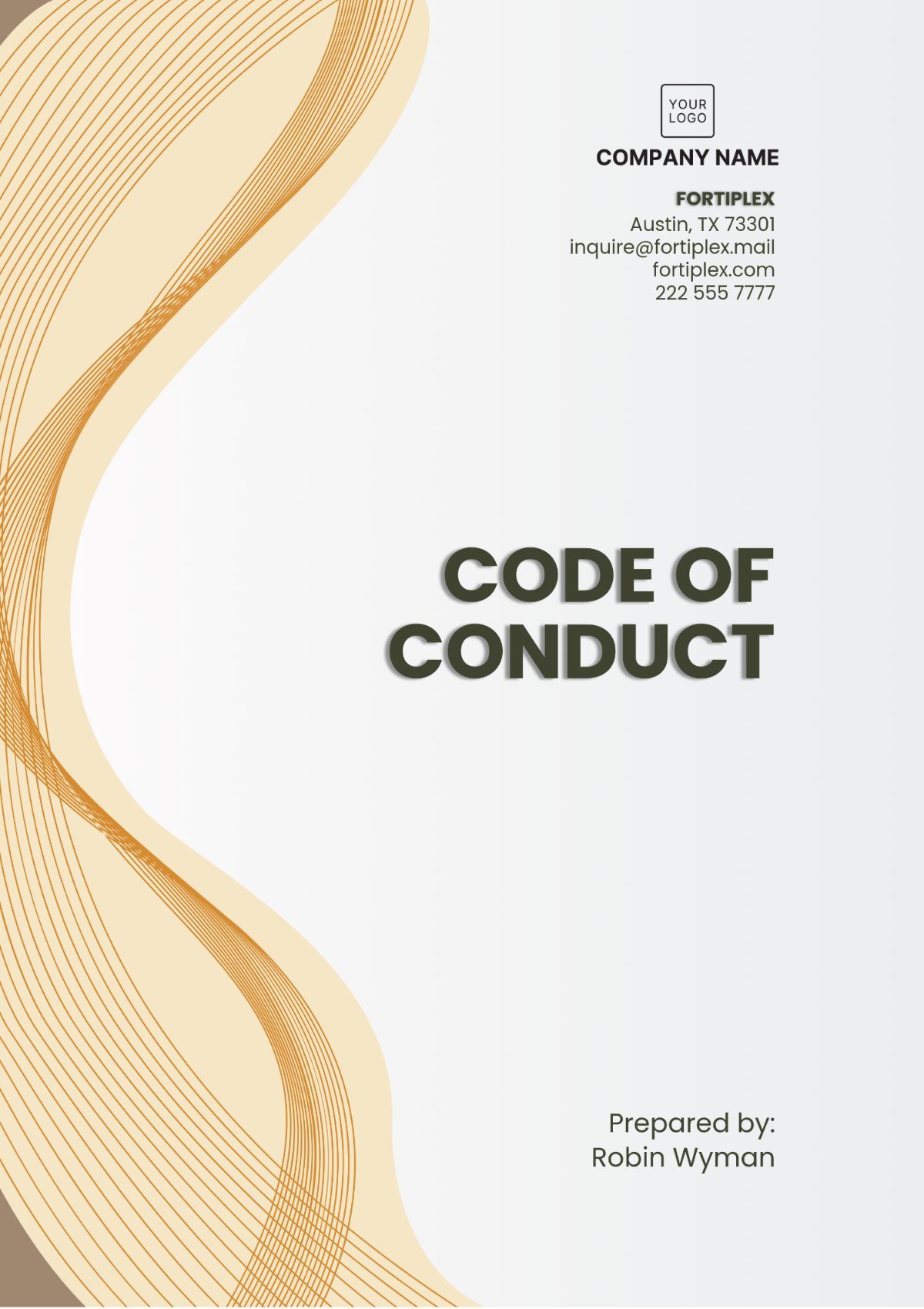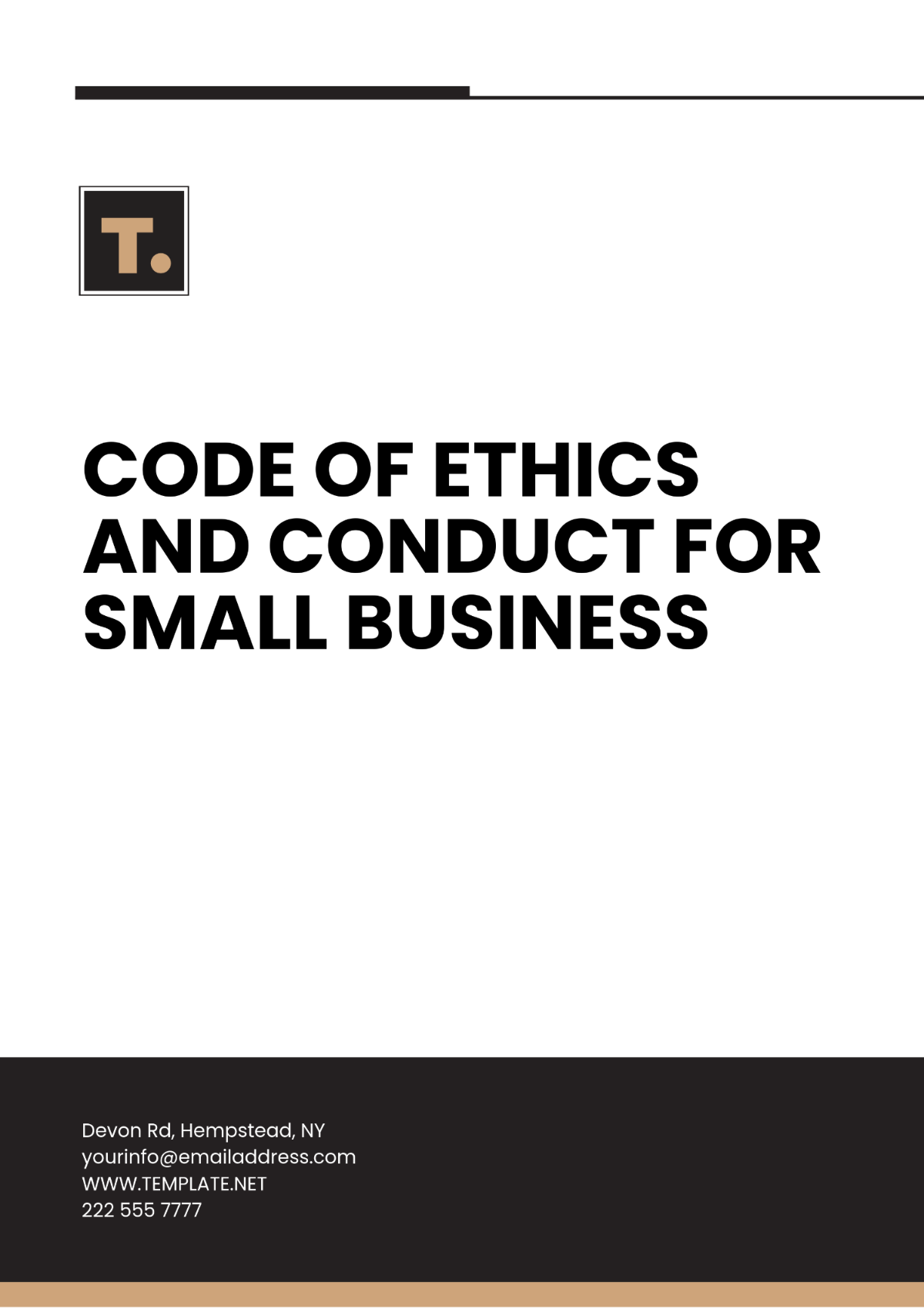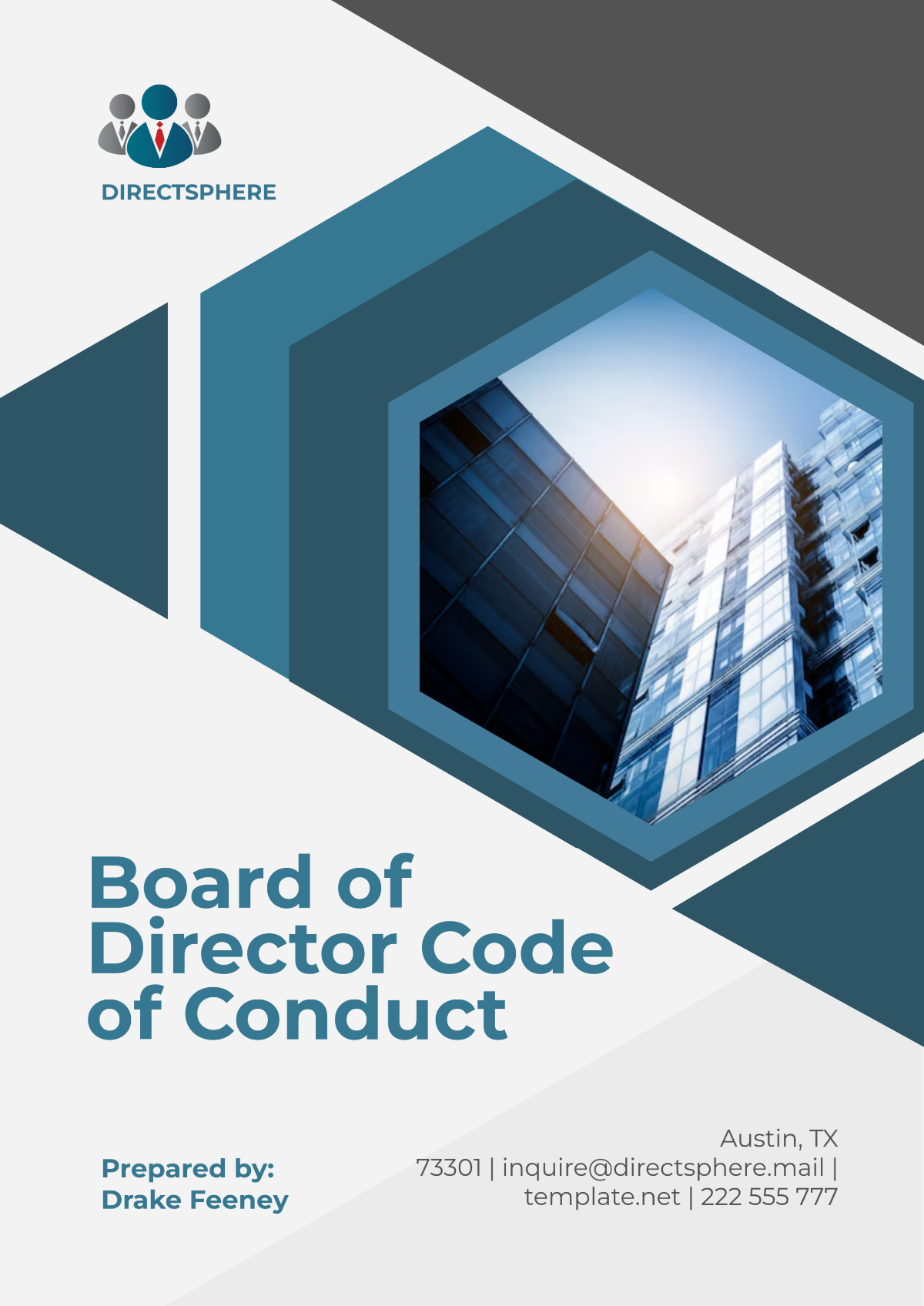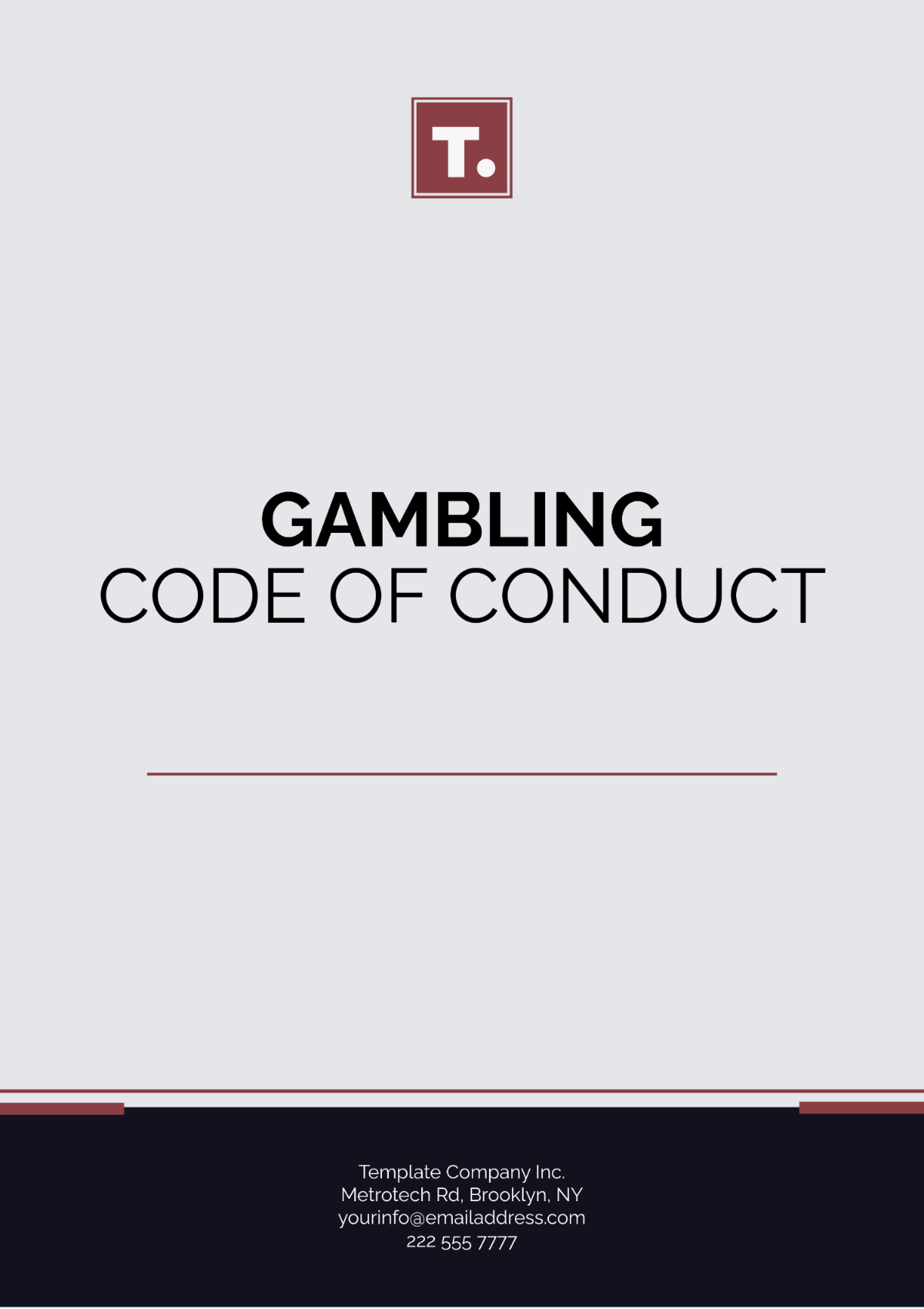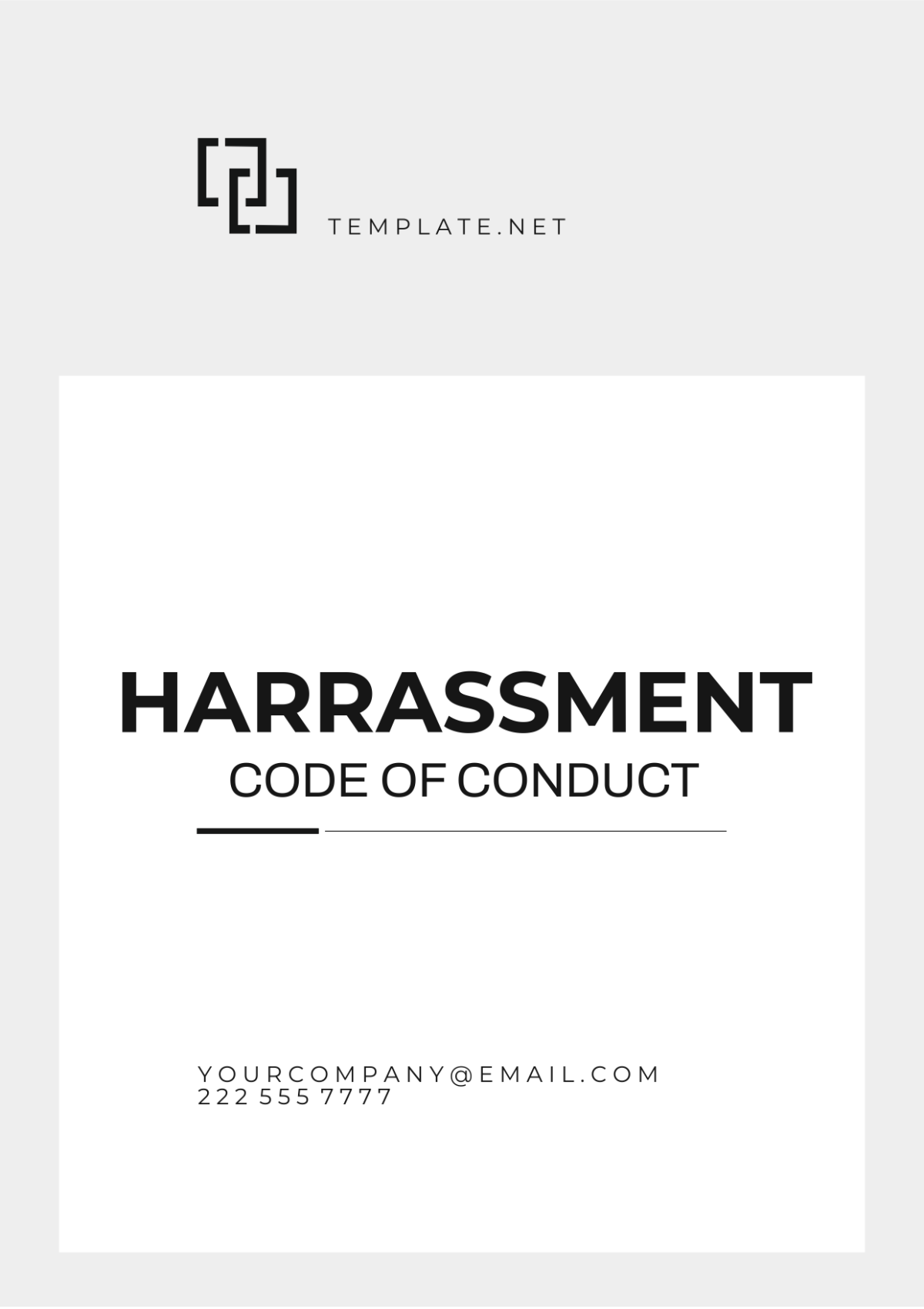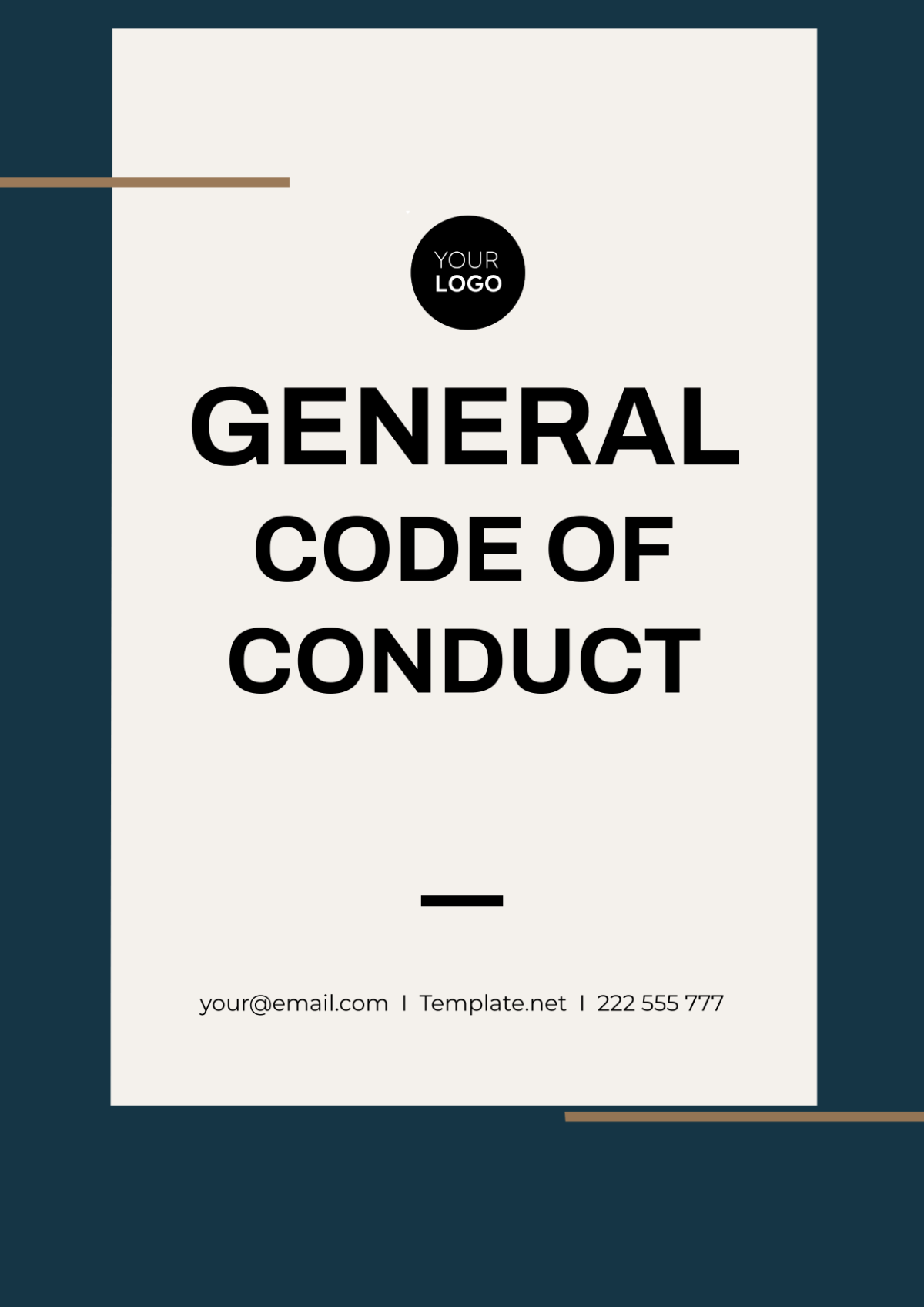Law Enforcement Code of Conduct
I. Introduction
This Law Enforcement Code of Conduct is a formal document representing the ethical framework and professional standards expected of all employees within [YOUR COMPANY NAME]. This document outlines the principles that guide our law enforcement officers and support staff in daily operations and interactions. It serves to maintain the integrity and accountability of our operations.
II. Professionalism
2.1 Duty to Serve: Law enforcement officers shall fulfill their duties with dedication and commitment to public service, demonstrating respect for the rights and dignity of all individuals.
2.2 Respect for Diversity: Officers shall treat all individuals with fairness, impartiality, and respect, regardless of race, ethnicity, gender, religion, sexual orientation, or socioeconomic status.
2.3 Integrity: Officers shall adhere to the highest standards of honesty and ethical behavior, maintaining the trust and confidence of the communities they serve.
III. Conduct and Behavior
3.1 Use of Force: Law enforcement officers shall use force only when necessary and by departmental policies and applicable laws, prioritizing de-escalation techniques and minimizing the risk of harm to civilians.
3.2 Professionalism in Interactions: Officers shall conduct themselves professionally and courteously in all interactions with the public, colleagues, and other stakeholders, avoiding behavior that may undermine public trust or bring discredit to the profession.
3.3 Personal Conduct: Officers shall refrain from engaging in conduct that reflects negatively on the law enforcement profession, including but not limited to dishonesty, substance abuse, discrimination, harassment, or misuse of authority.
IV. Accountability and Oversight
4.1 Compliance with Policies and Procedures: Officers shall comply with departmental policies, procedures, and directives, ensuring adherence to legal requirements and best practices in law enforcement.
4.2 Reporting of Misconduct: Officers shall promptly report any instances of misconduct, violations of policy, or unethical behavior observed among colleagues, promoting accountability and transparency within the law enforcement community.
4.3 Cooperation with Investigations: Officers shall fully cooperate with internal and external investigations into alleged misconduct or violations of law, providing truthful and accurate information to investigators.
V. Training and Professional Development
5.1 Continuous Learning: Officers shall engage in ongoing training and professional development activities to enhance their knowledge, skills, and abilities in law enforcement practices, ethics, and community relations.
5.2 Ethical Decision-Making: Training programs shall include instruction on ethical decision-making principles and scenarios, equipping officers with the tools to navigate complex ethical dilemmas in the line of duty.
VII. Implementation
This Code of Conduct is effective as of the latest update and is binding to all department members. Non-compliance will be addressed according to the severity of the breach and may lead to disciplinary action, up to and including dismissal.
